
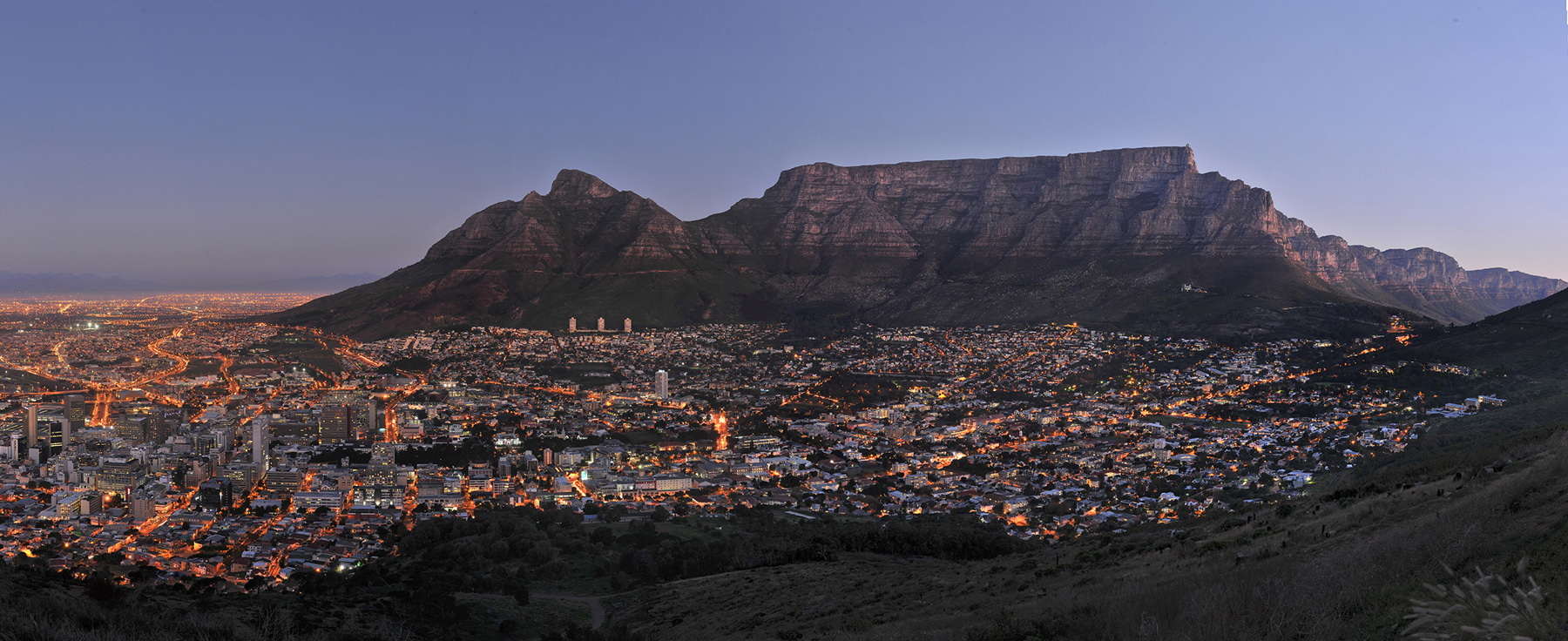
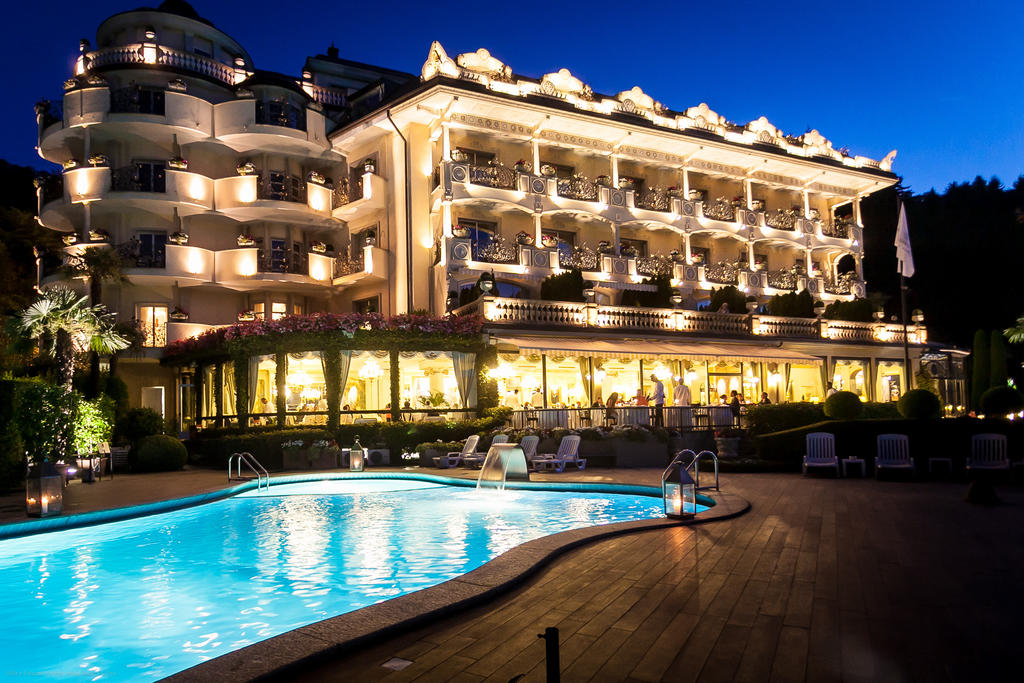
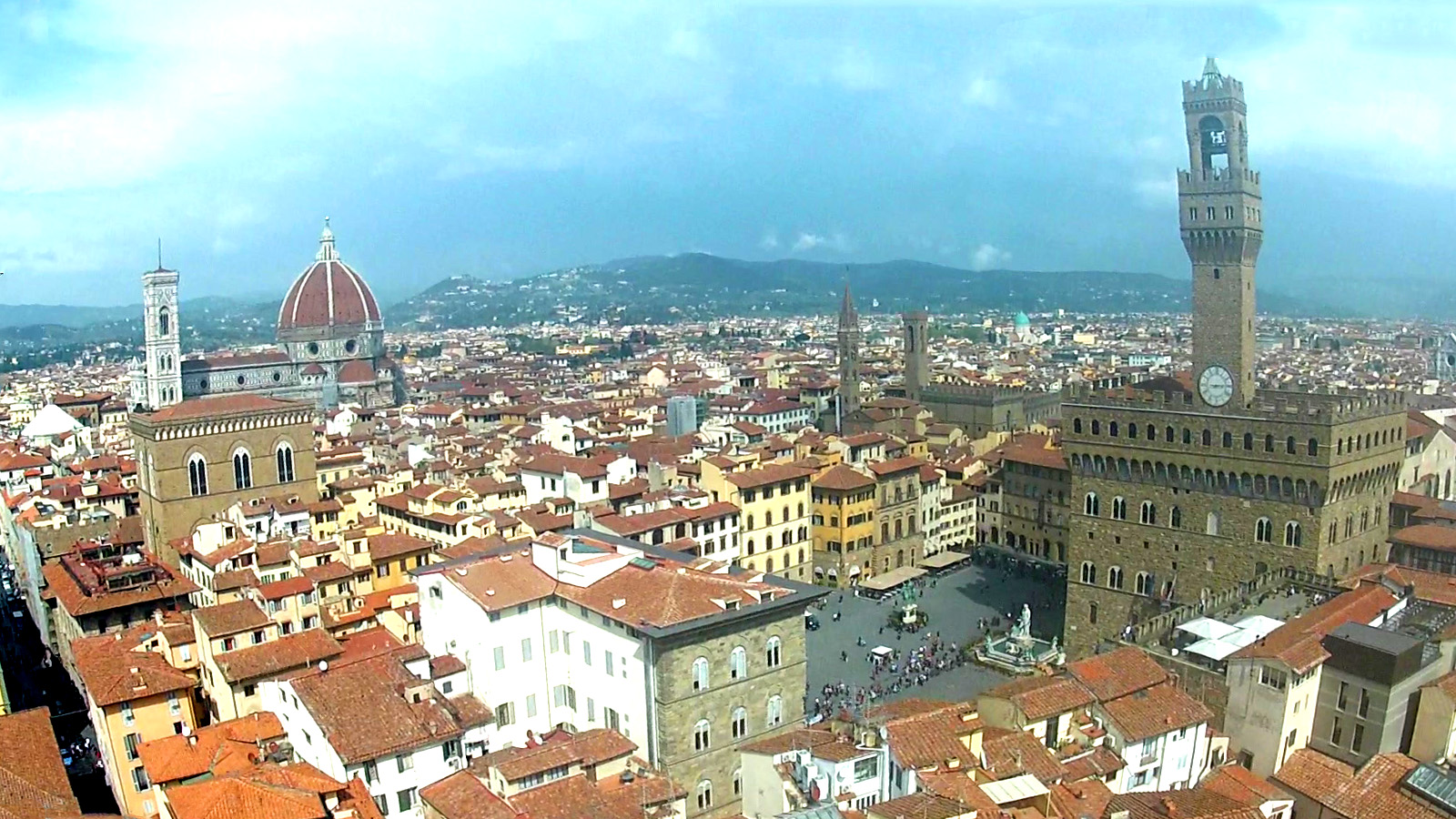

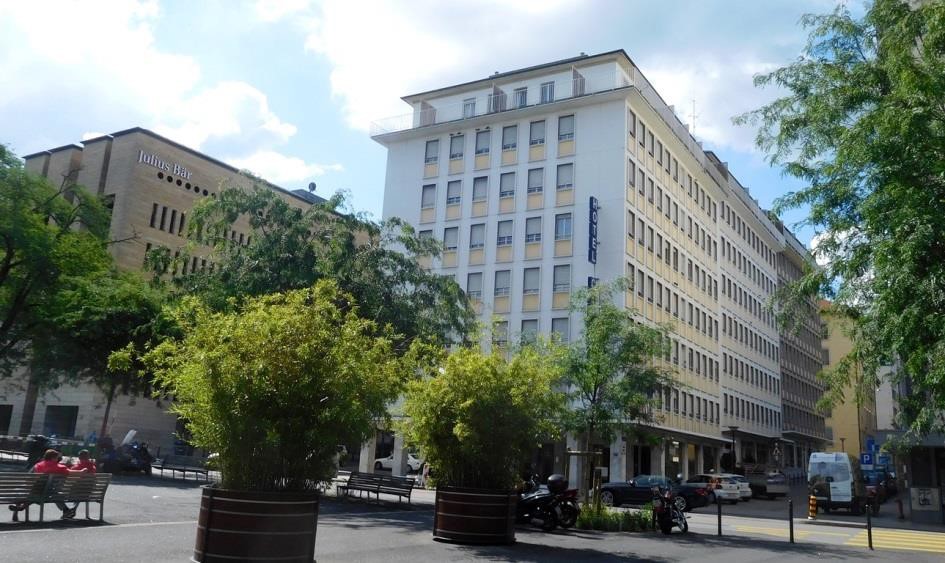
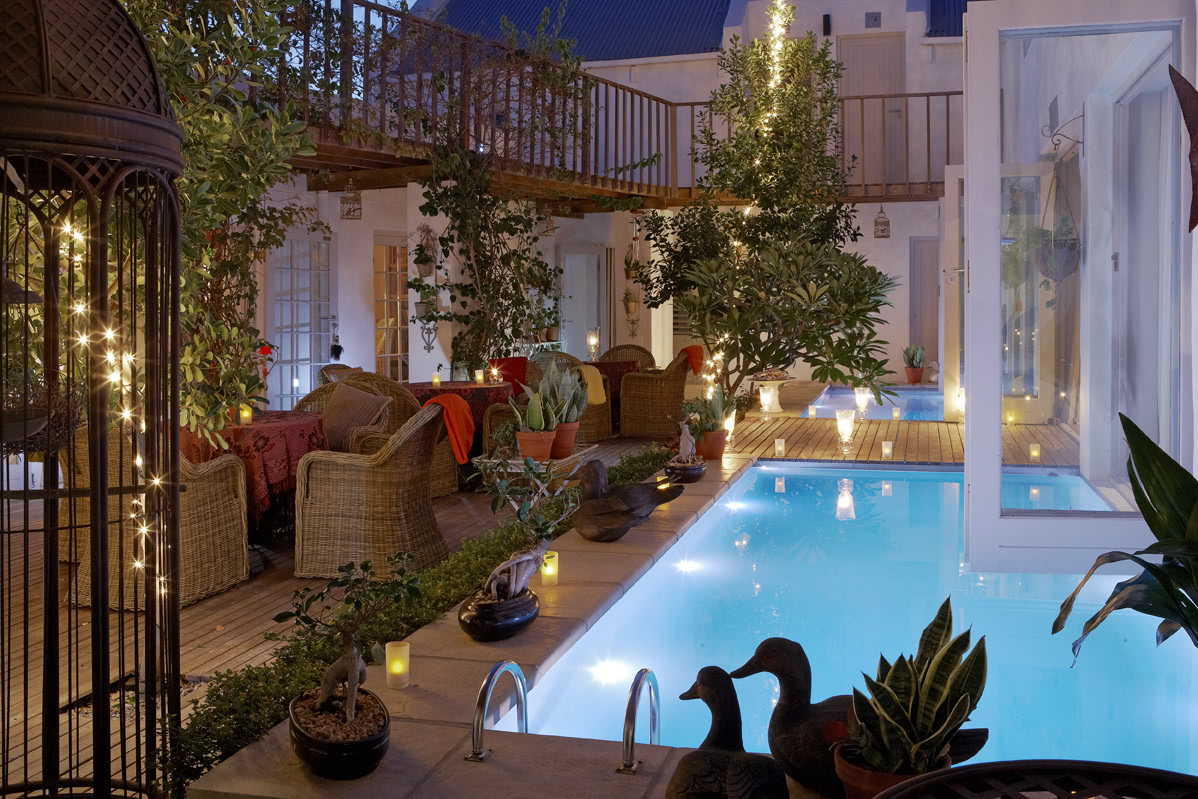
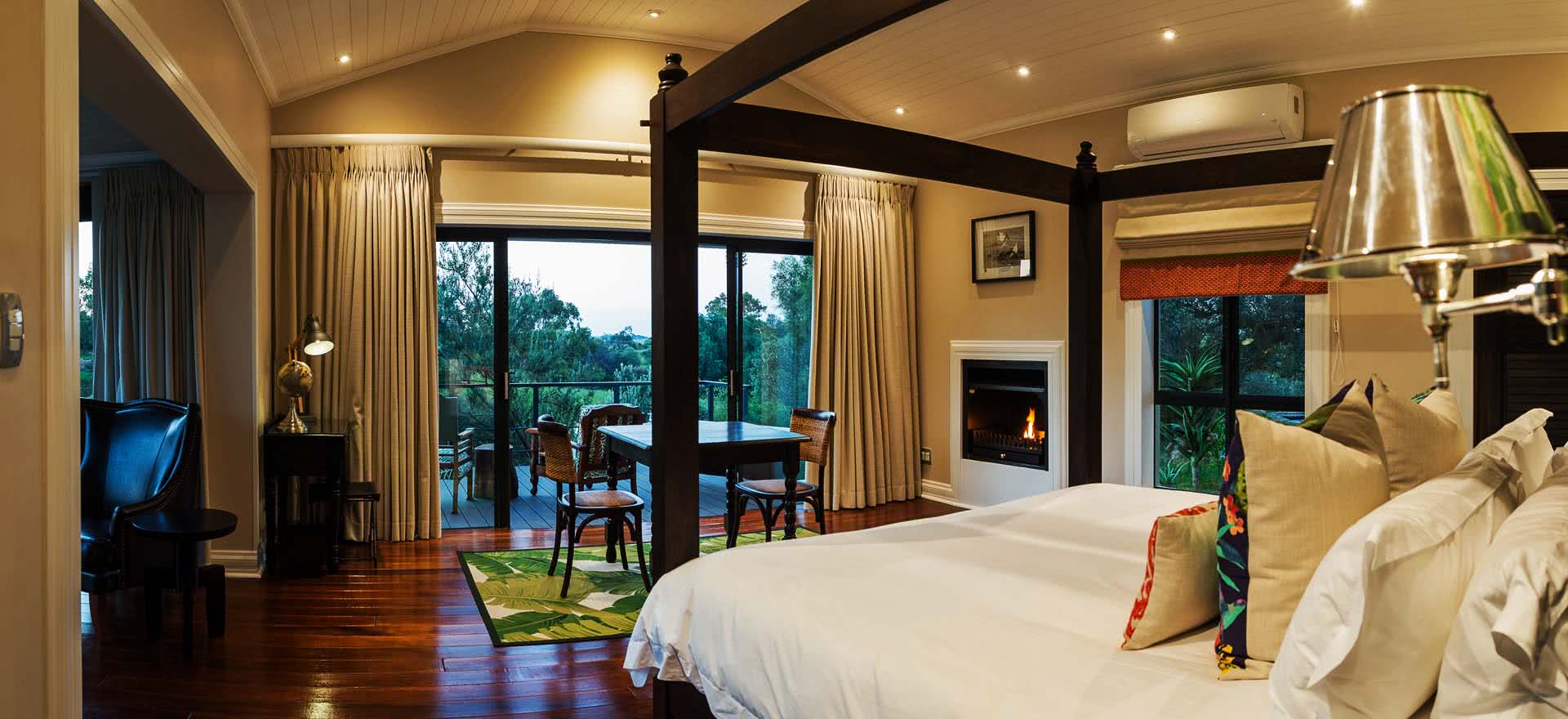
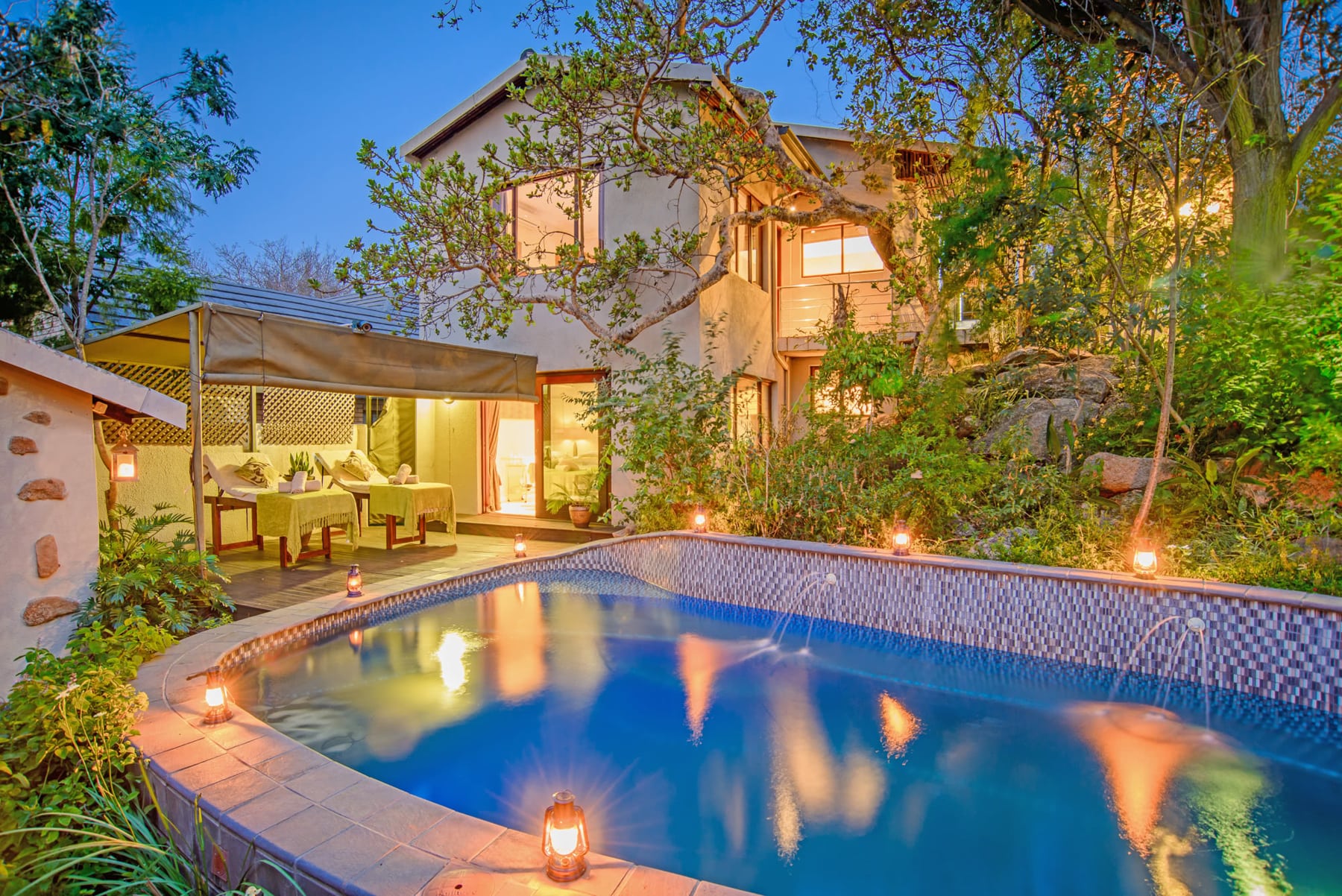

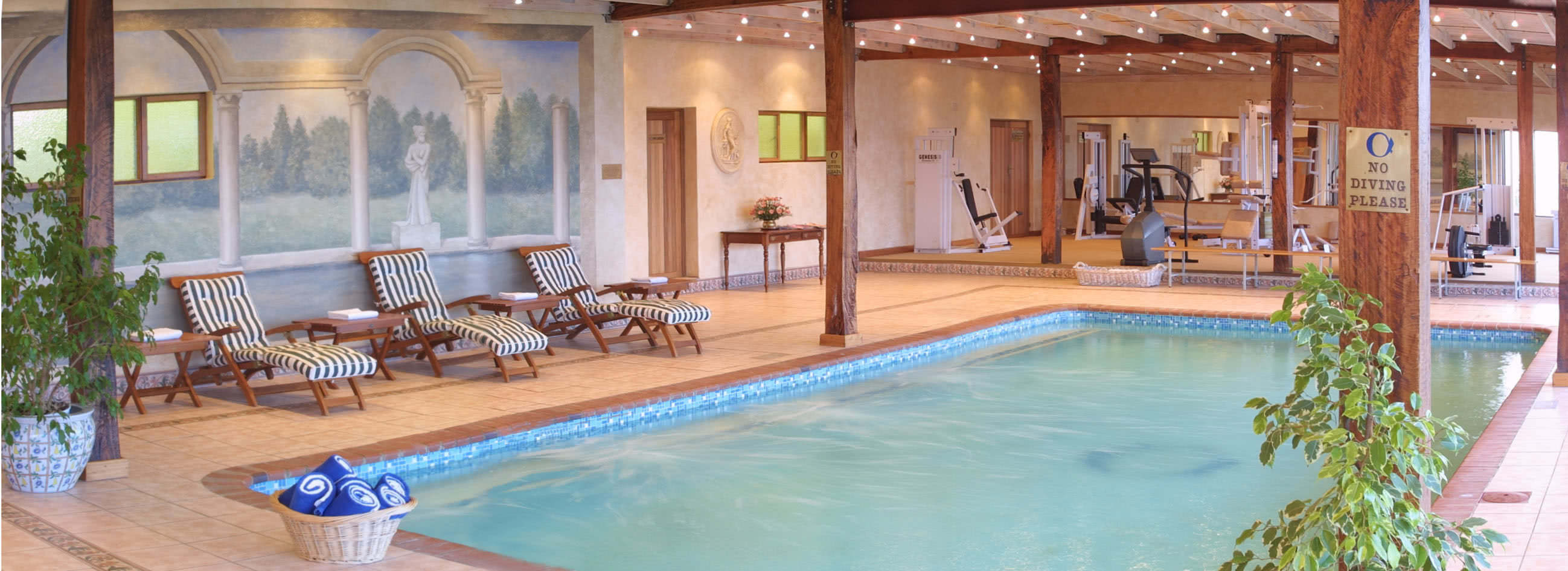
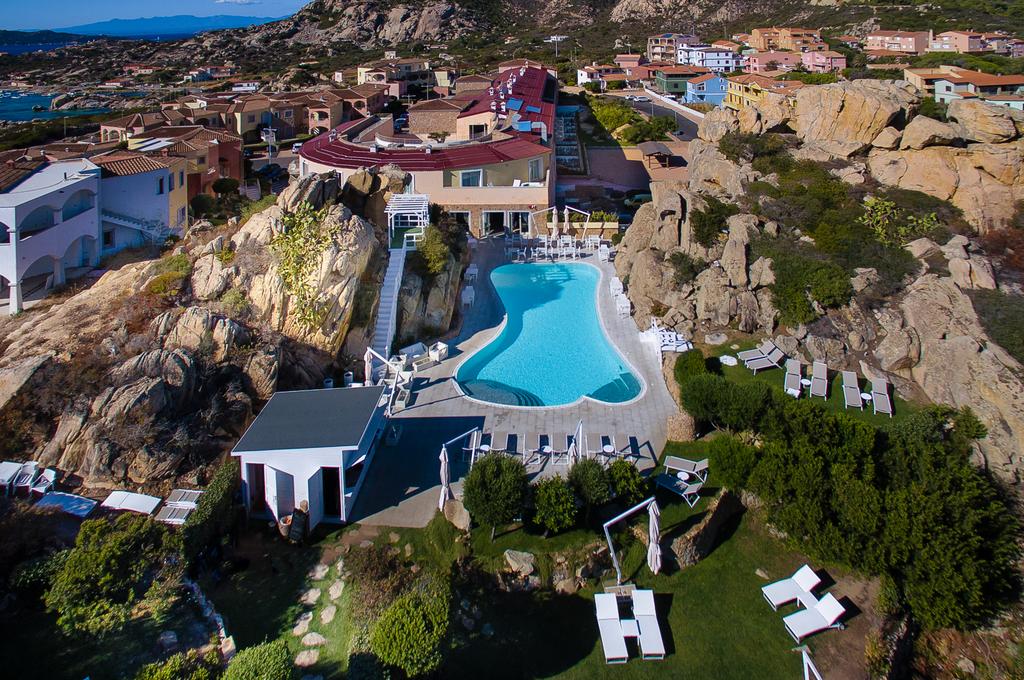
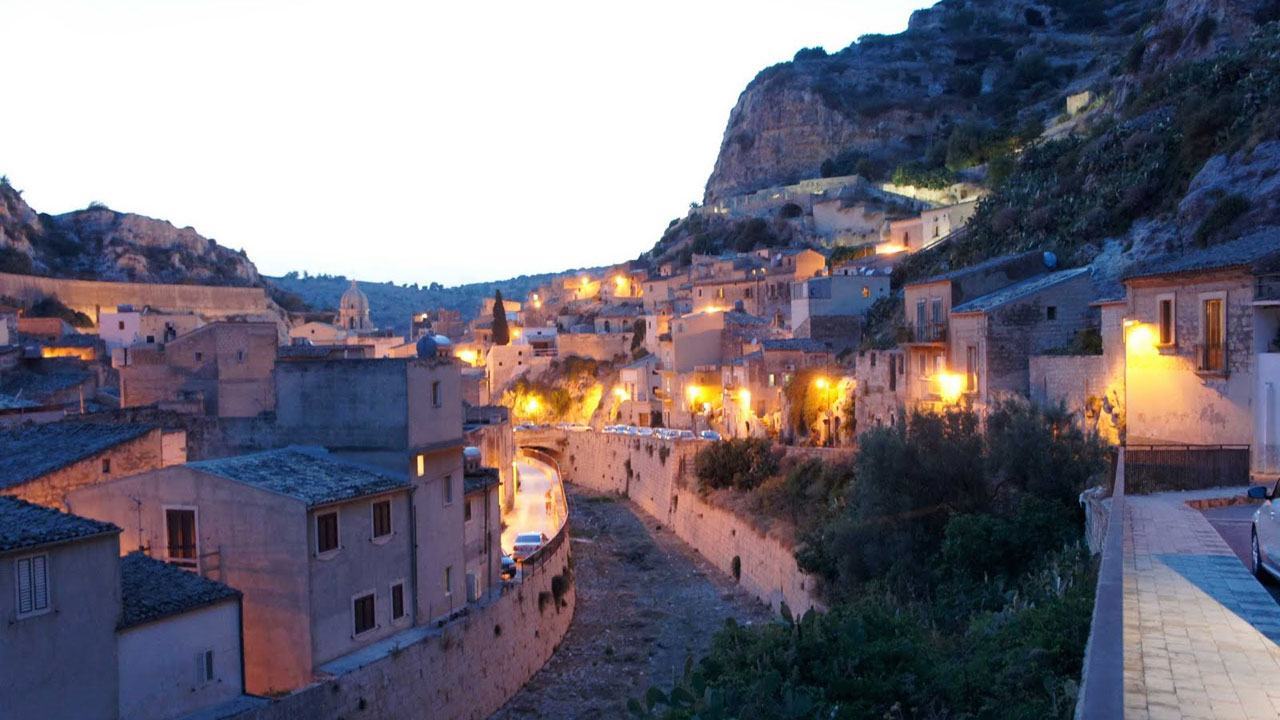
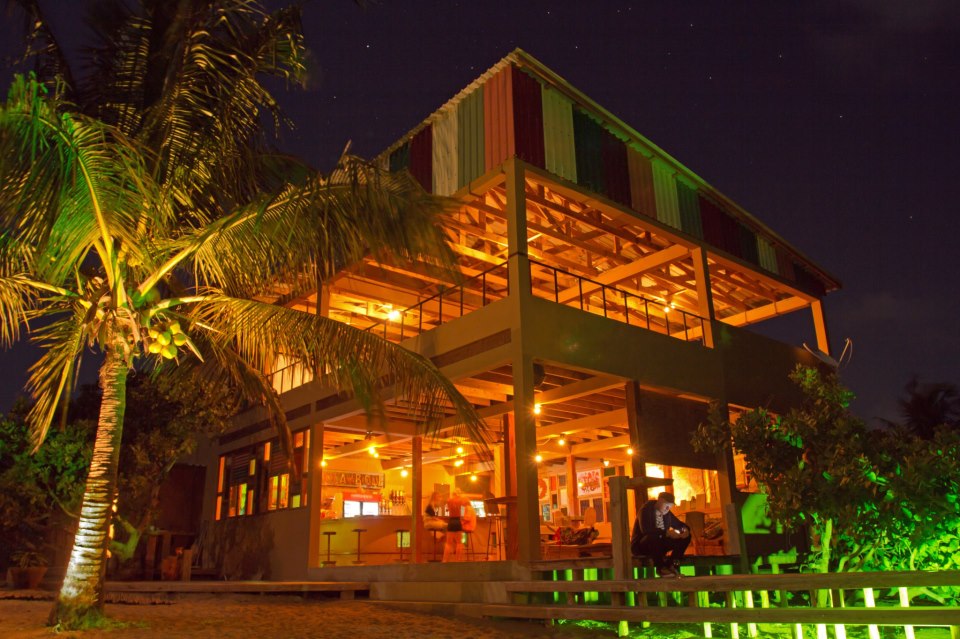
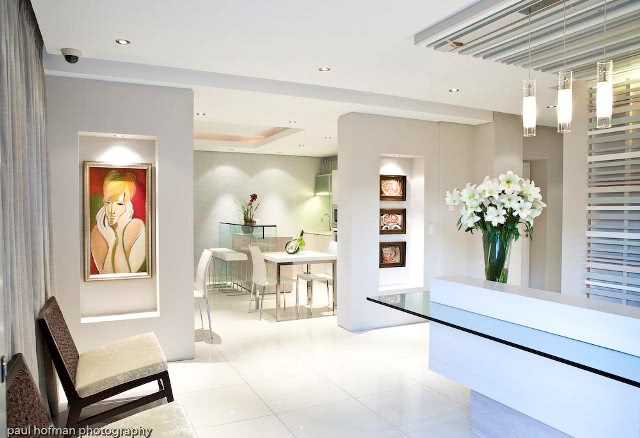
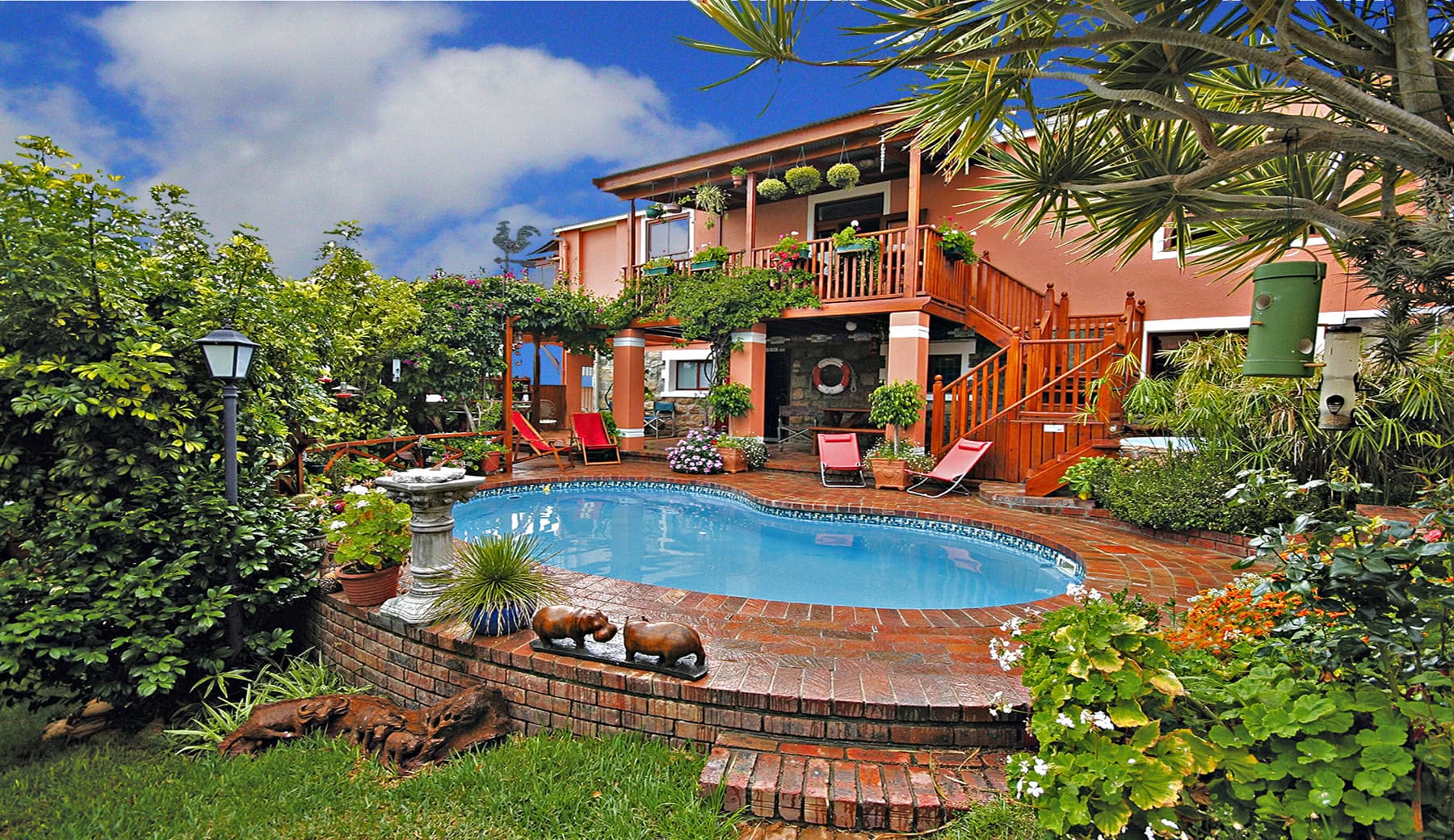
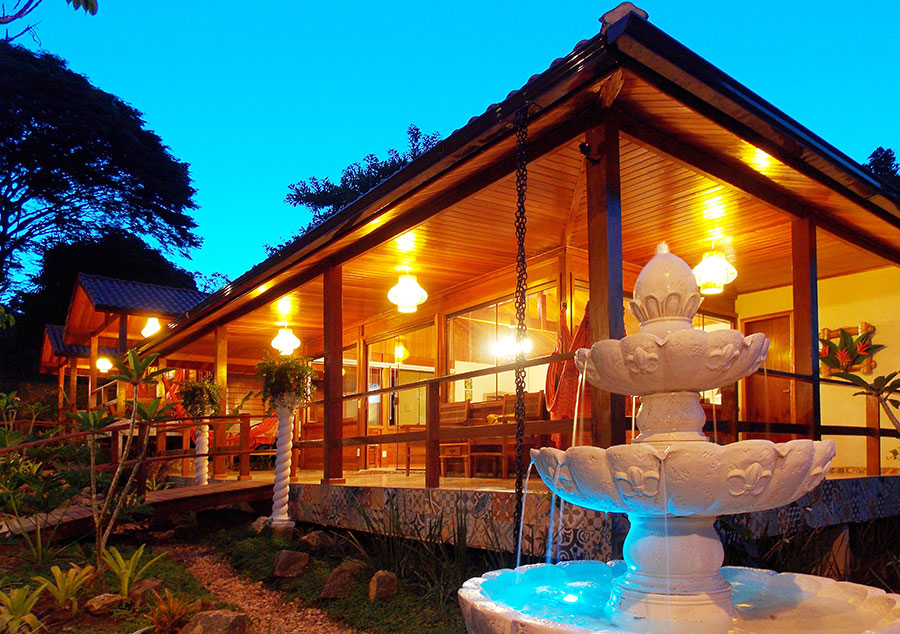
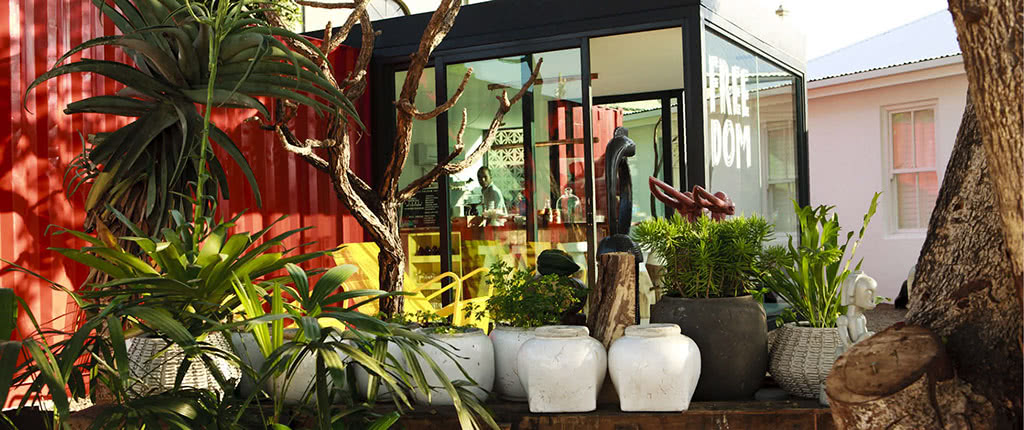
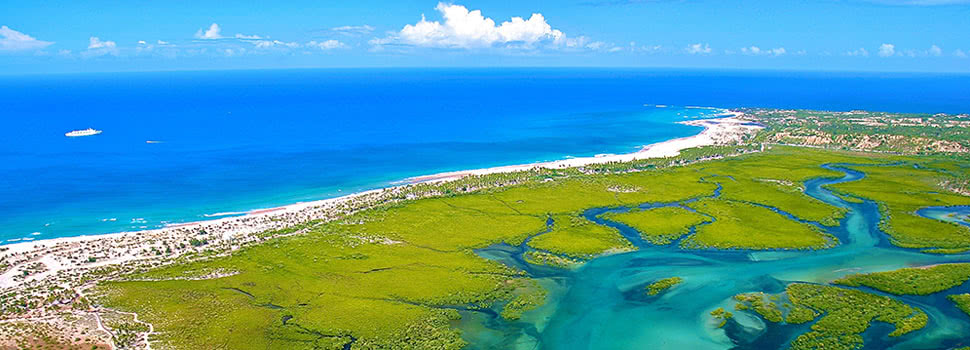
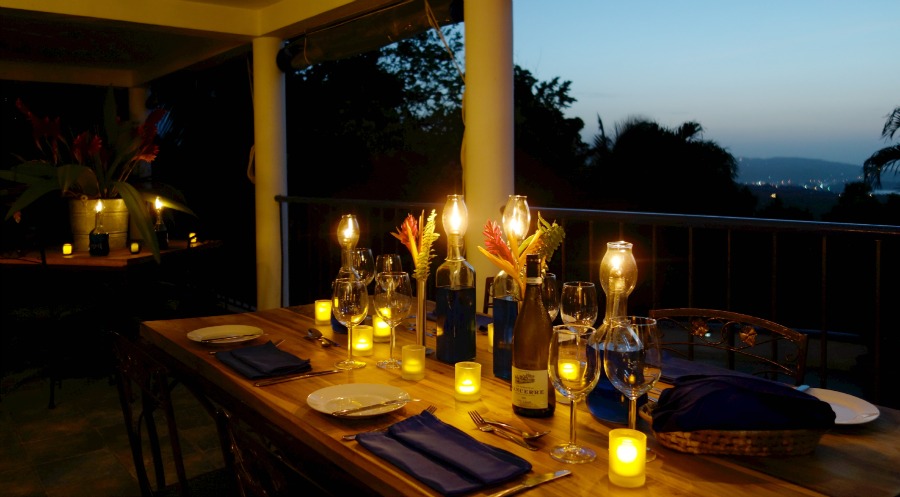
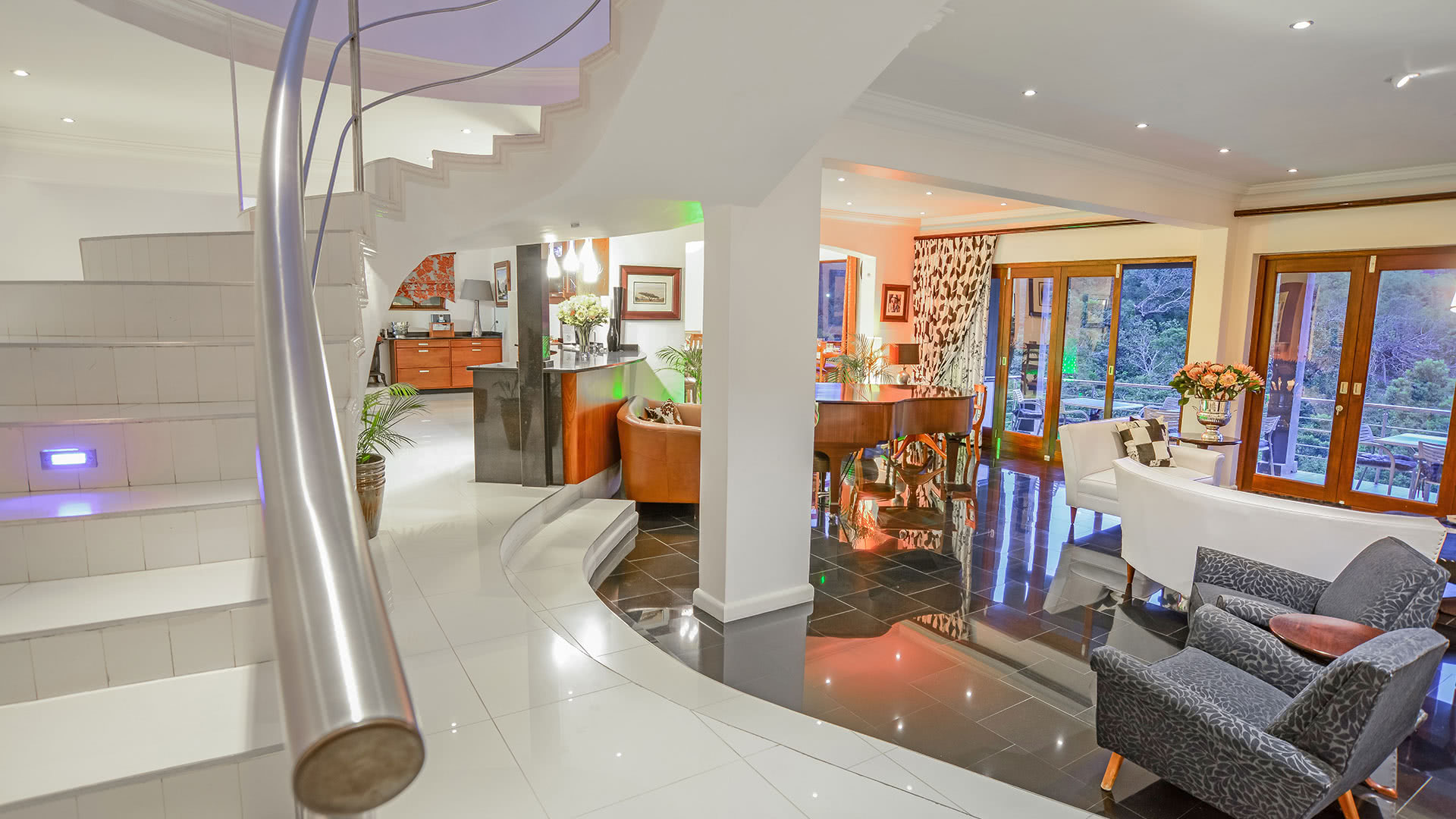

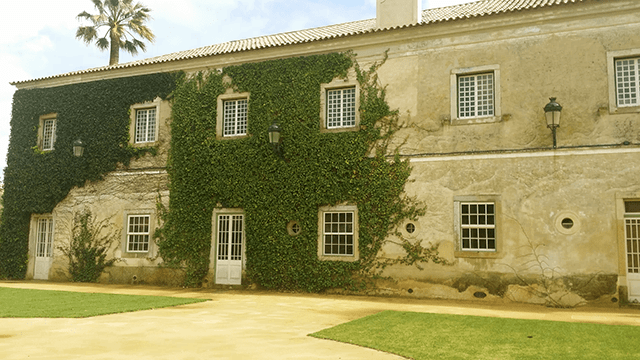
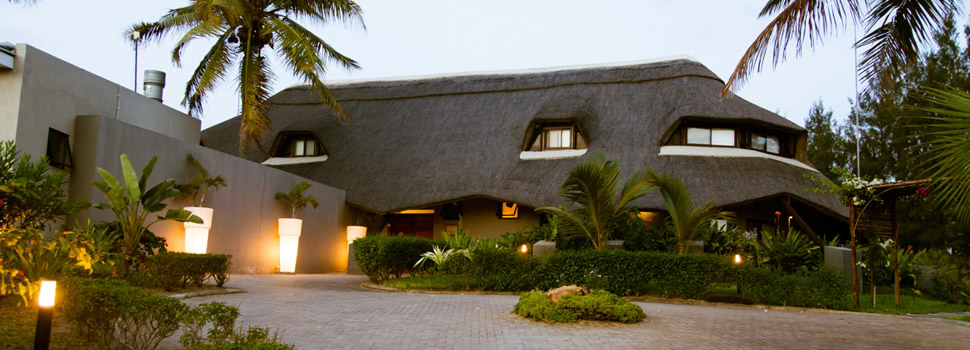
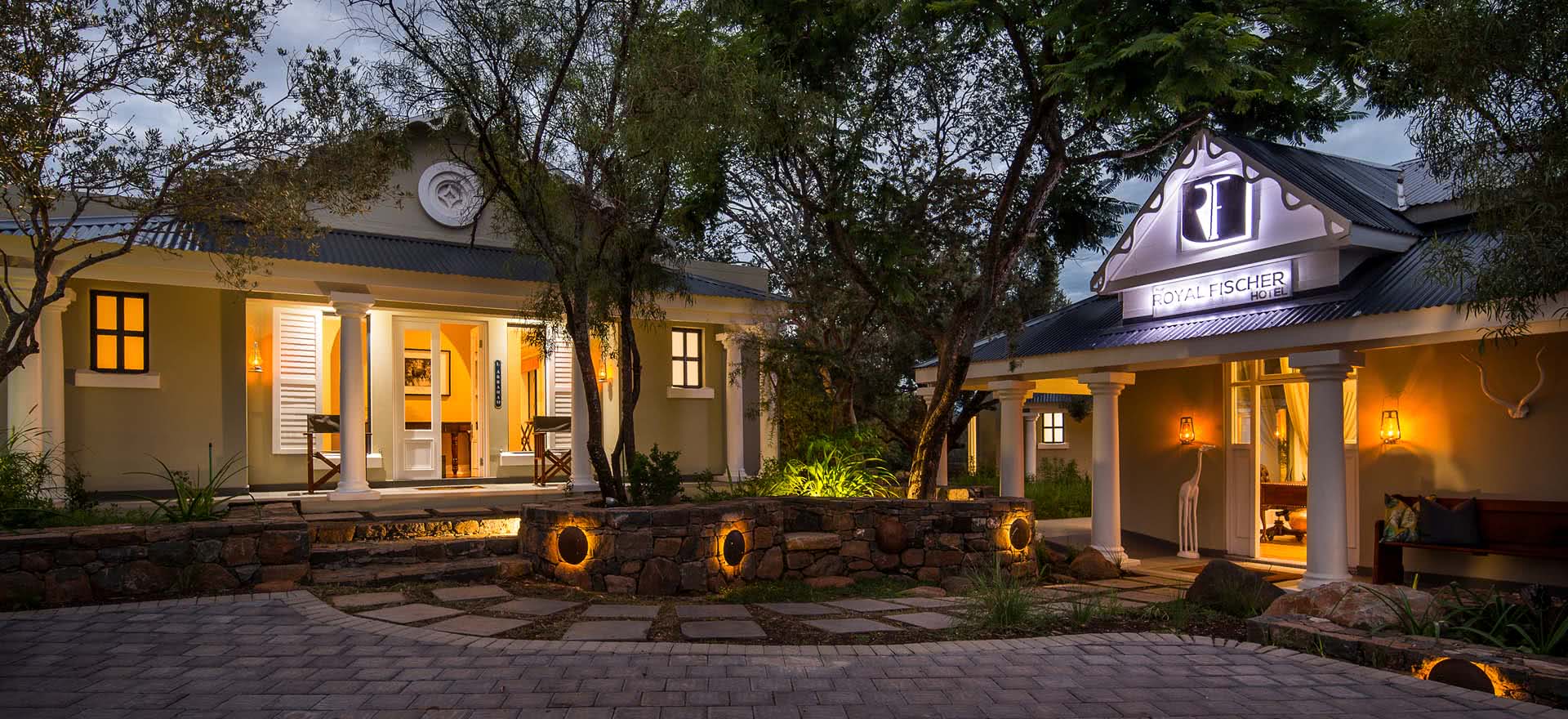
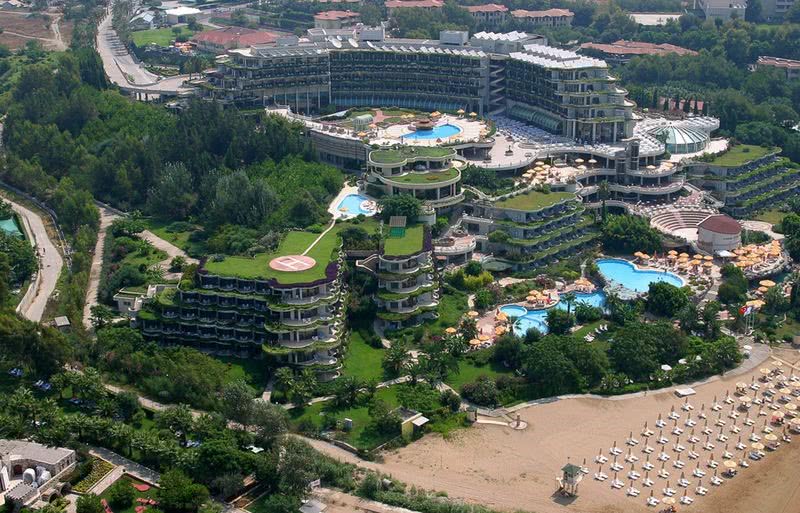
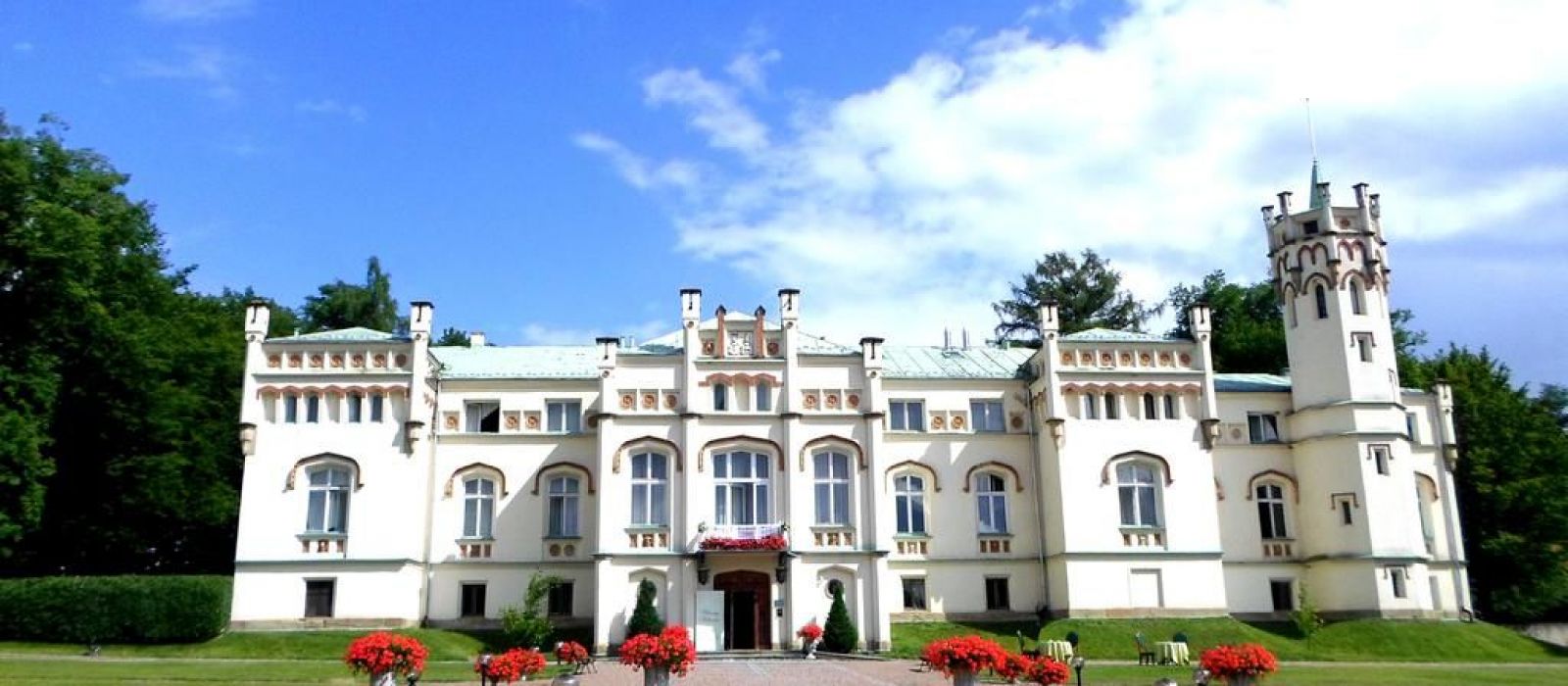
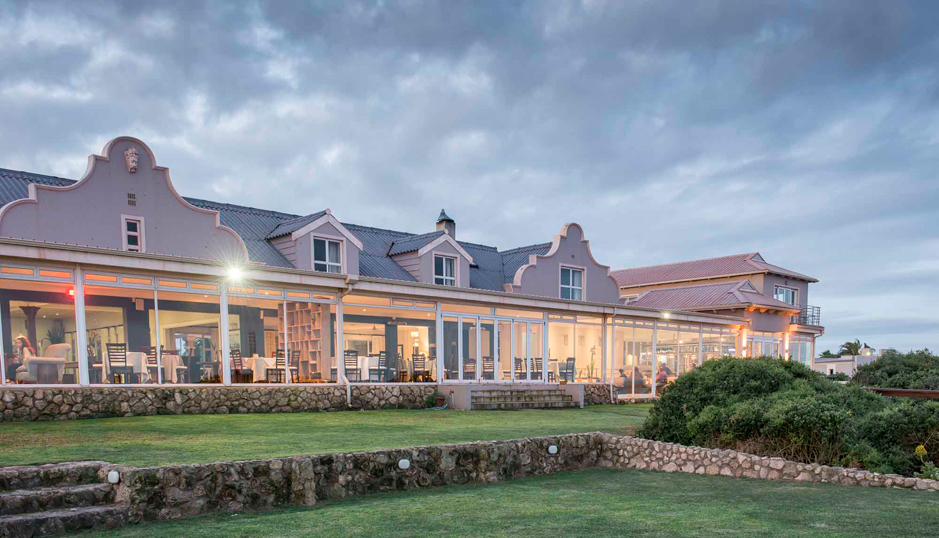
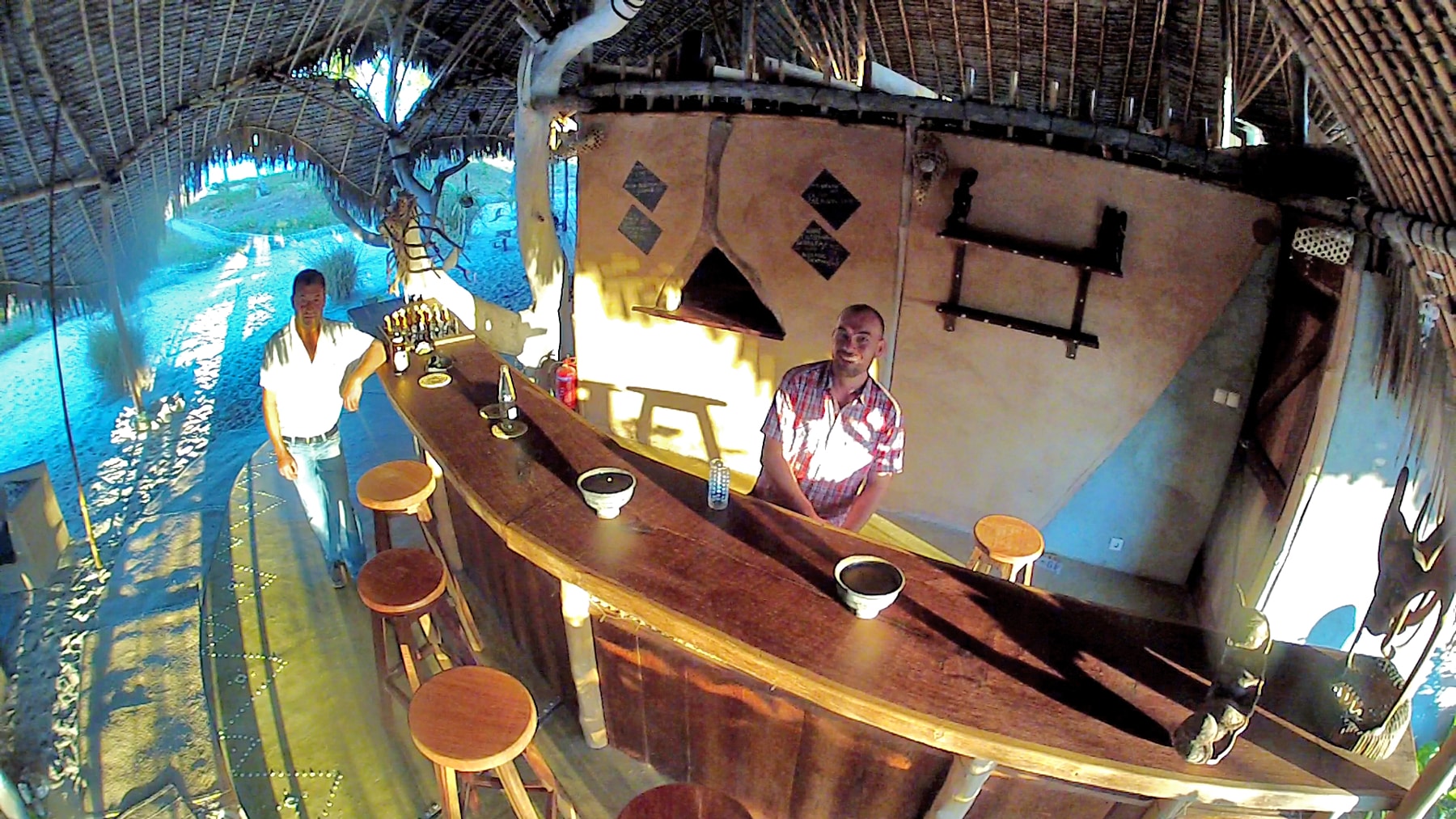
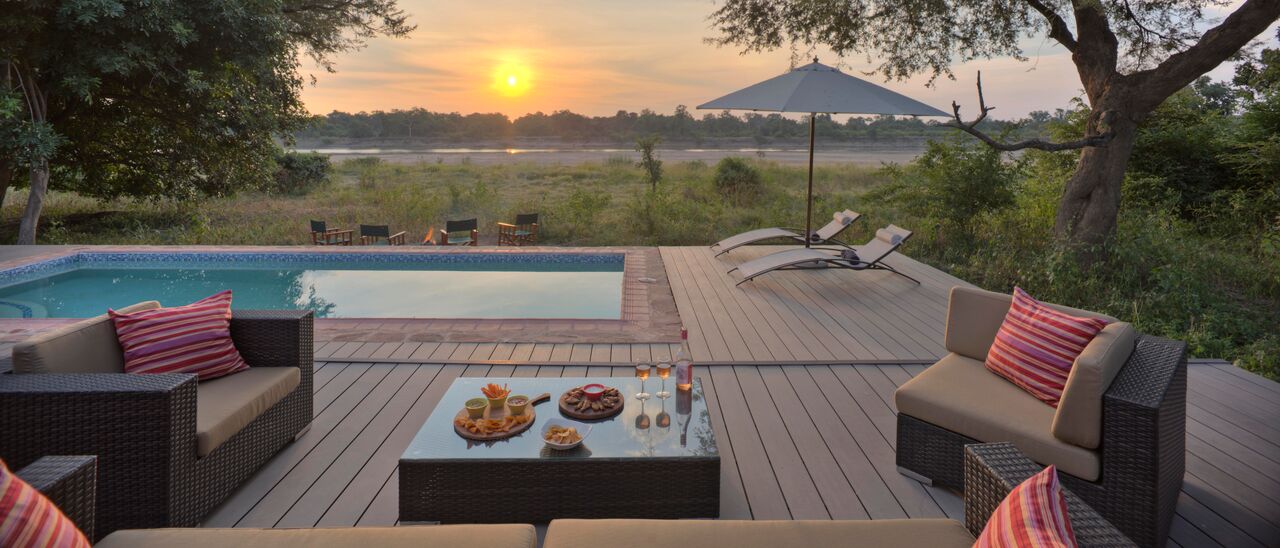
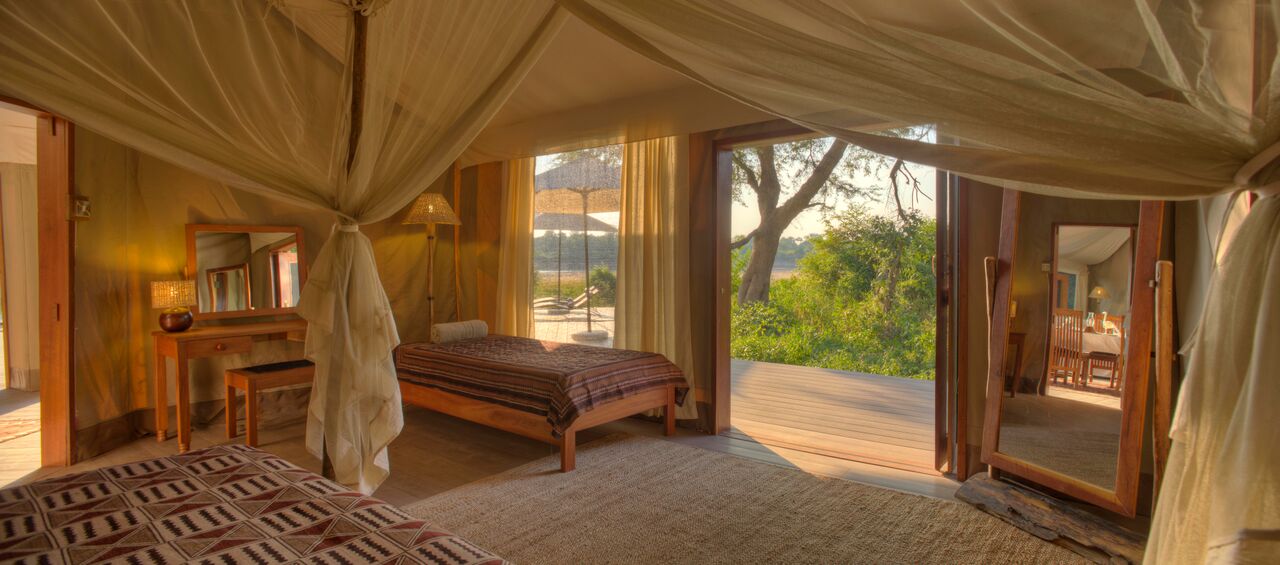
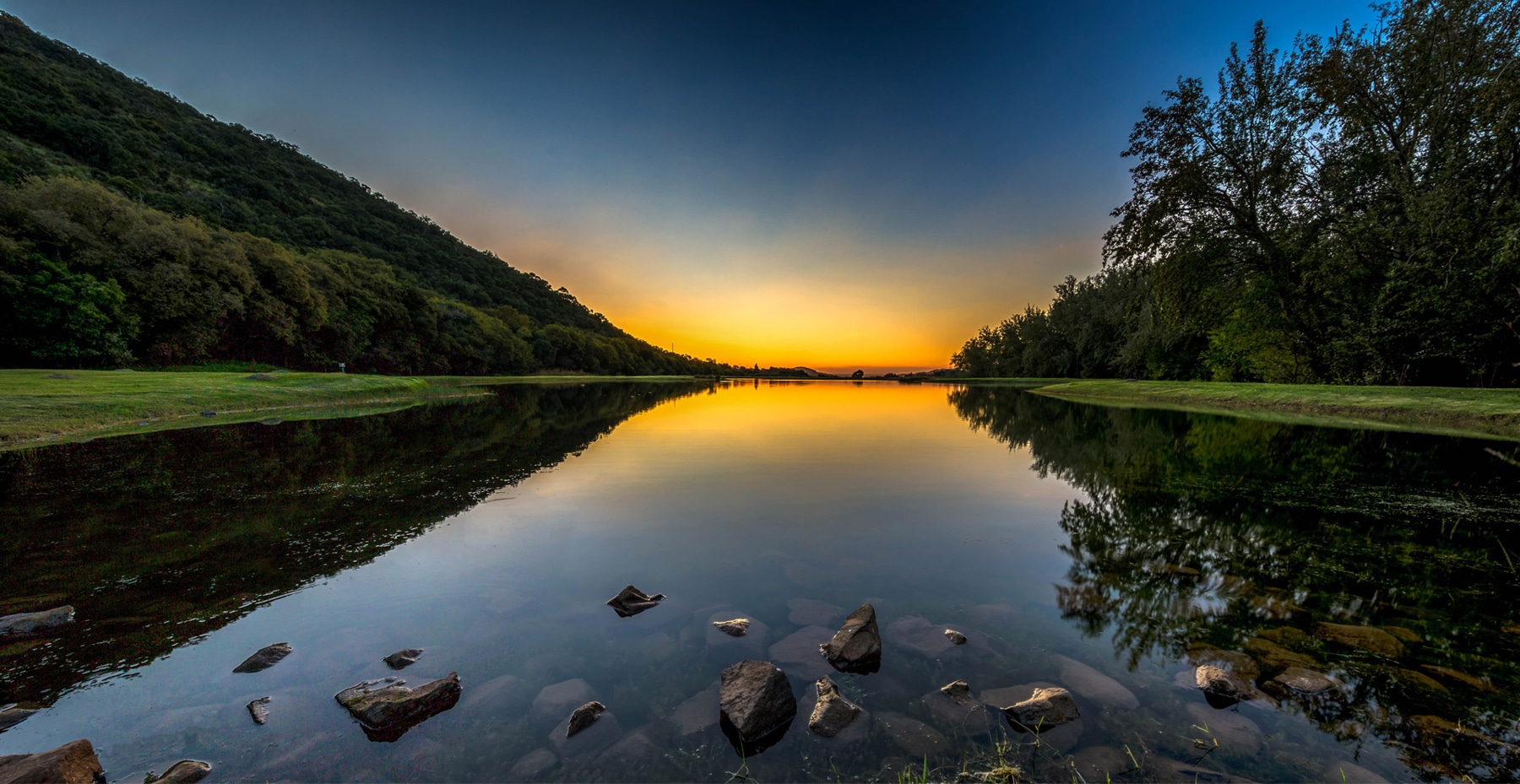
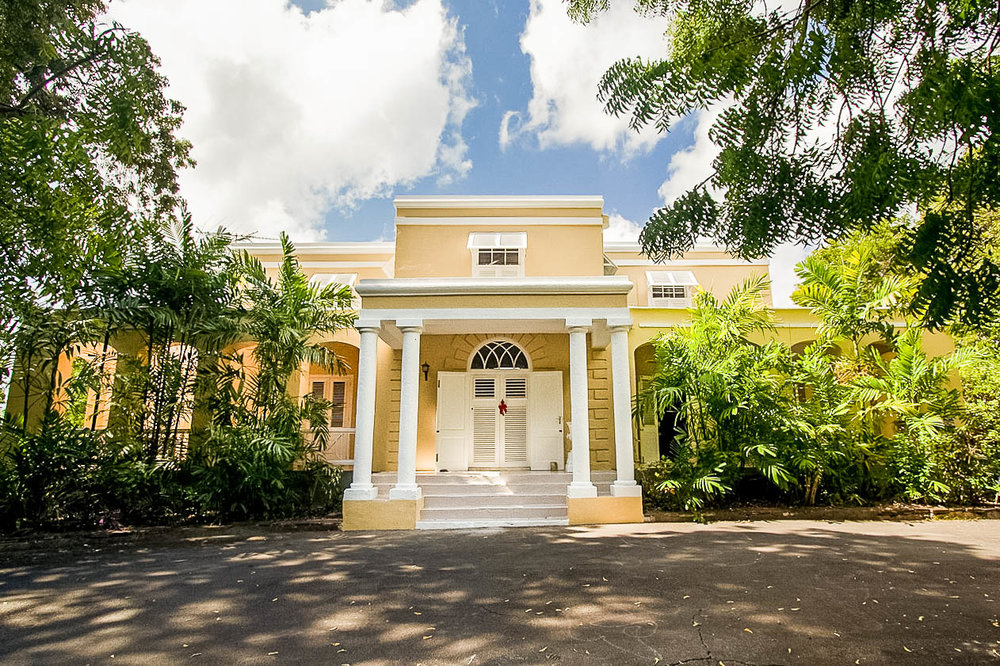
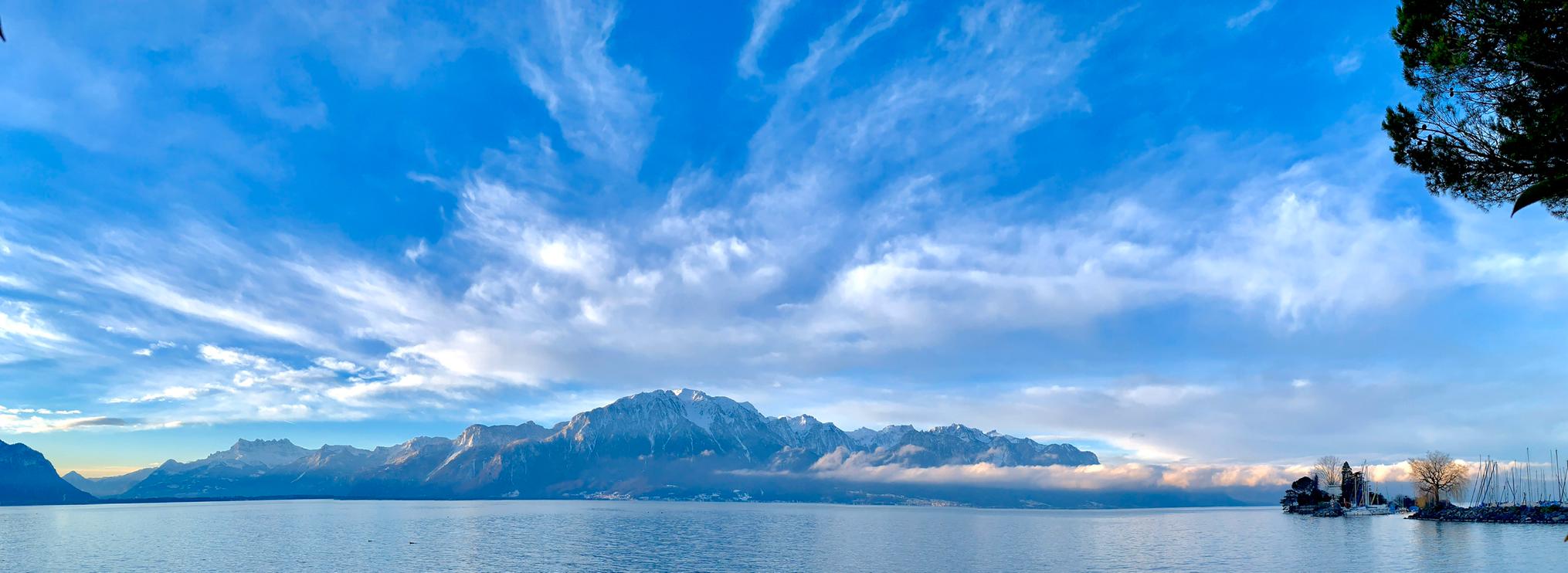
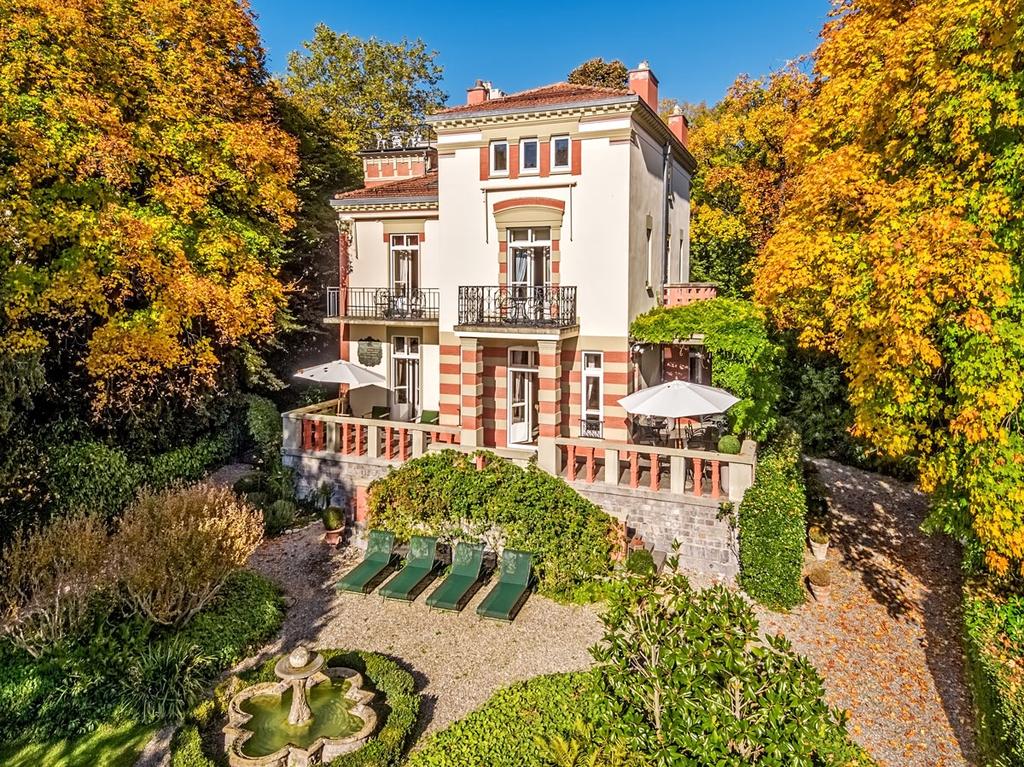
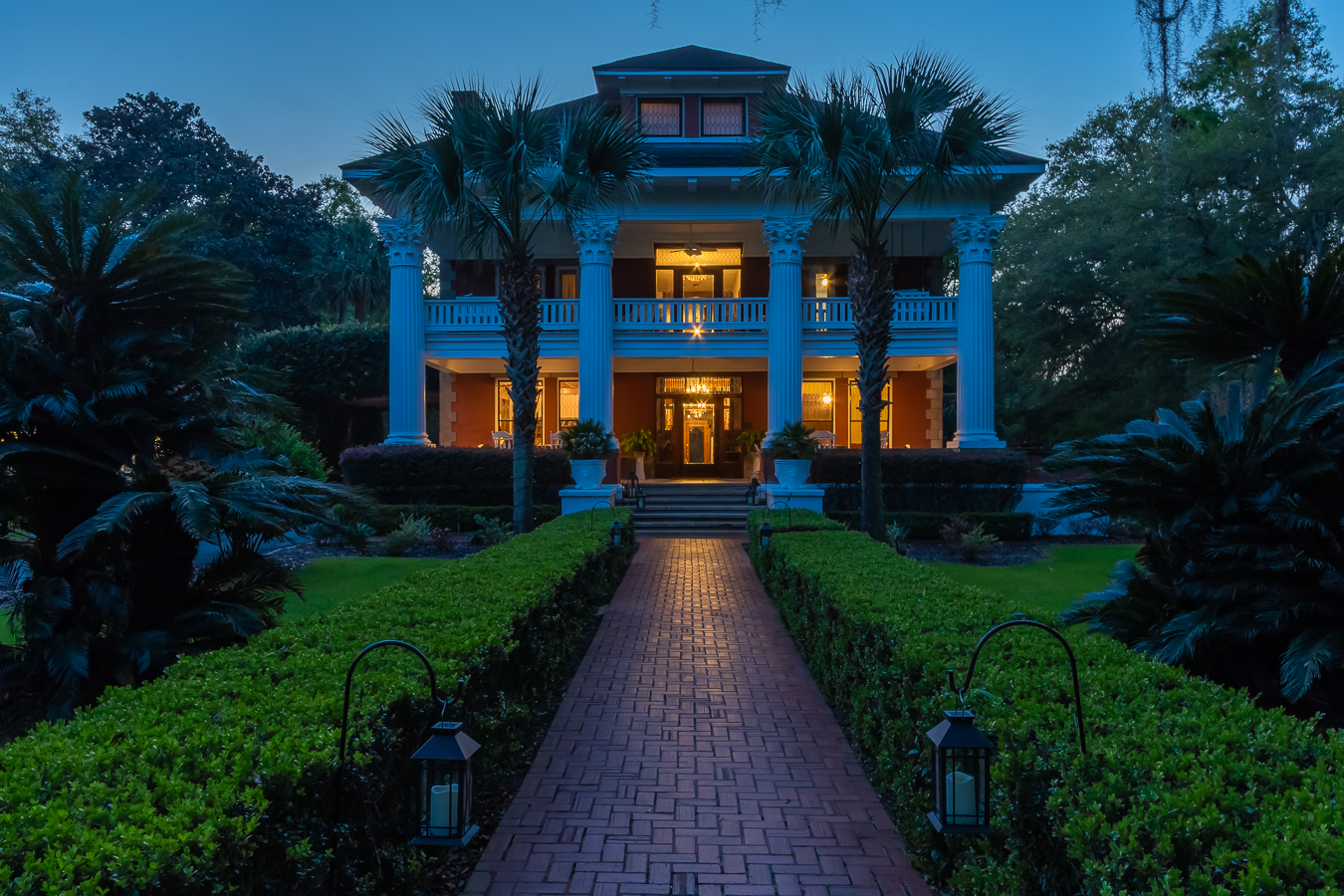
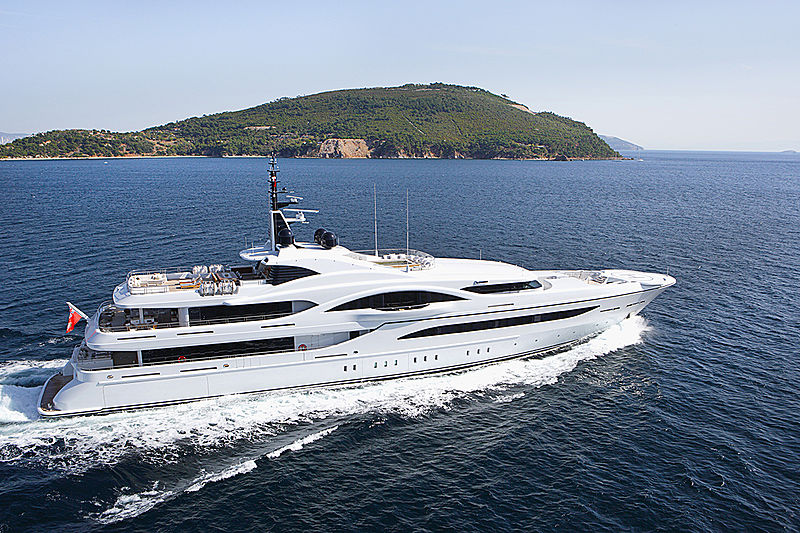
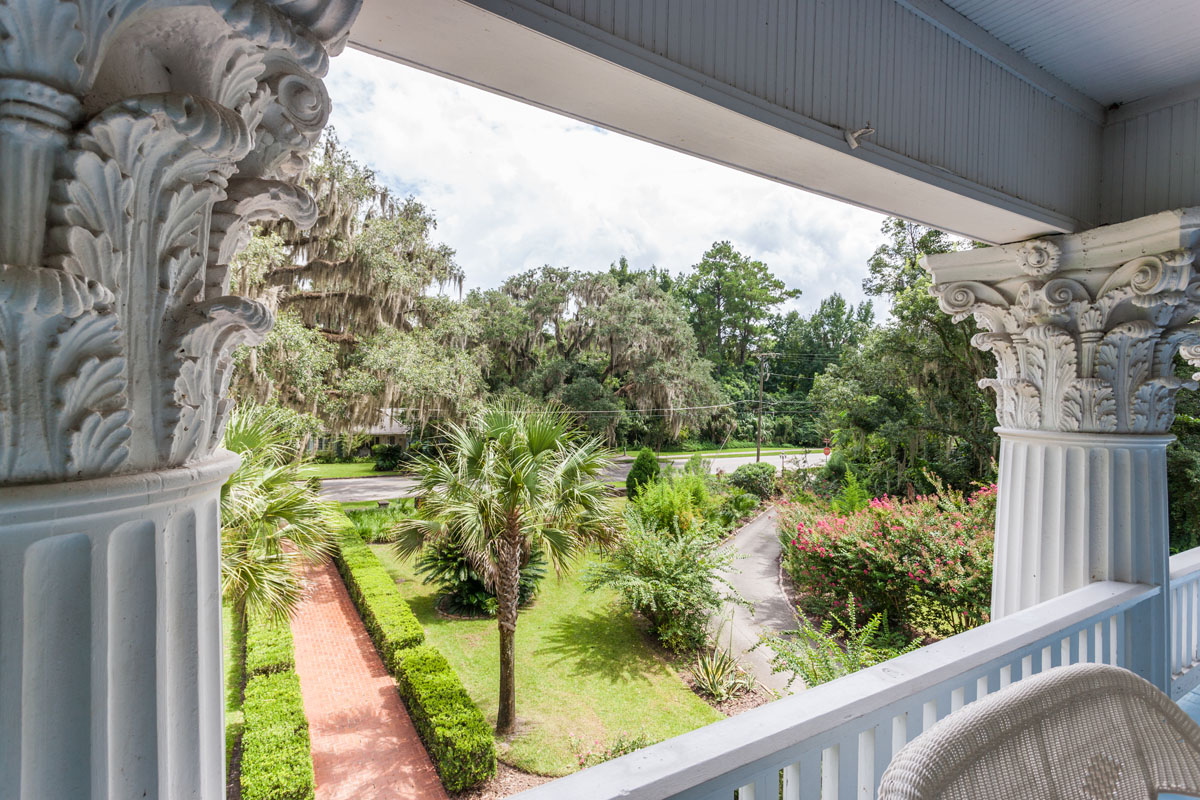
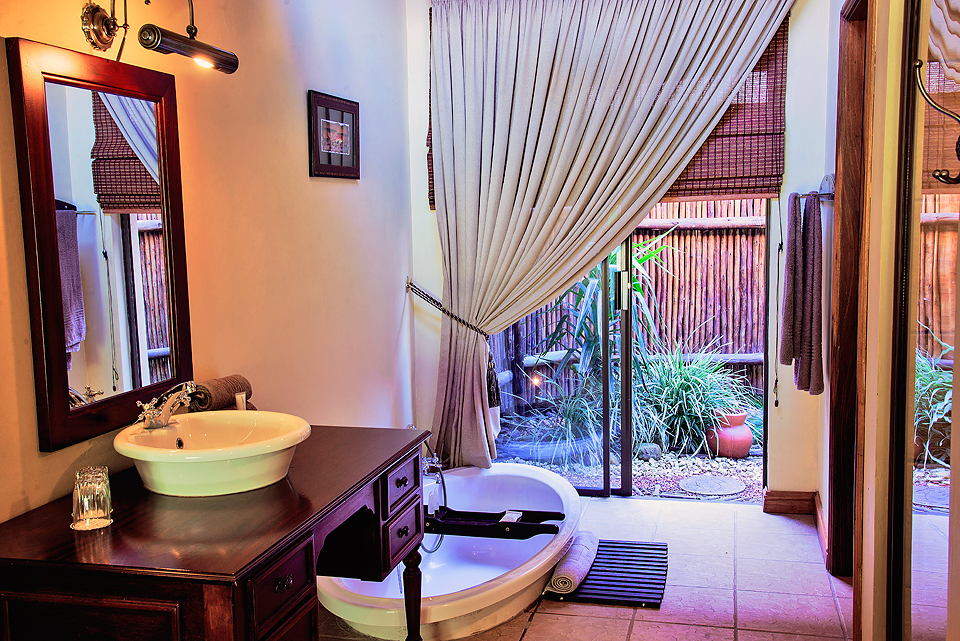
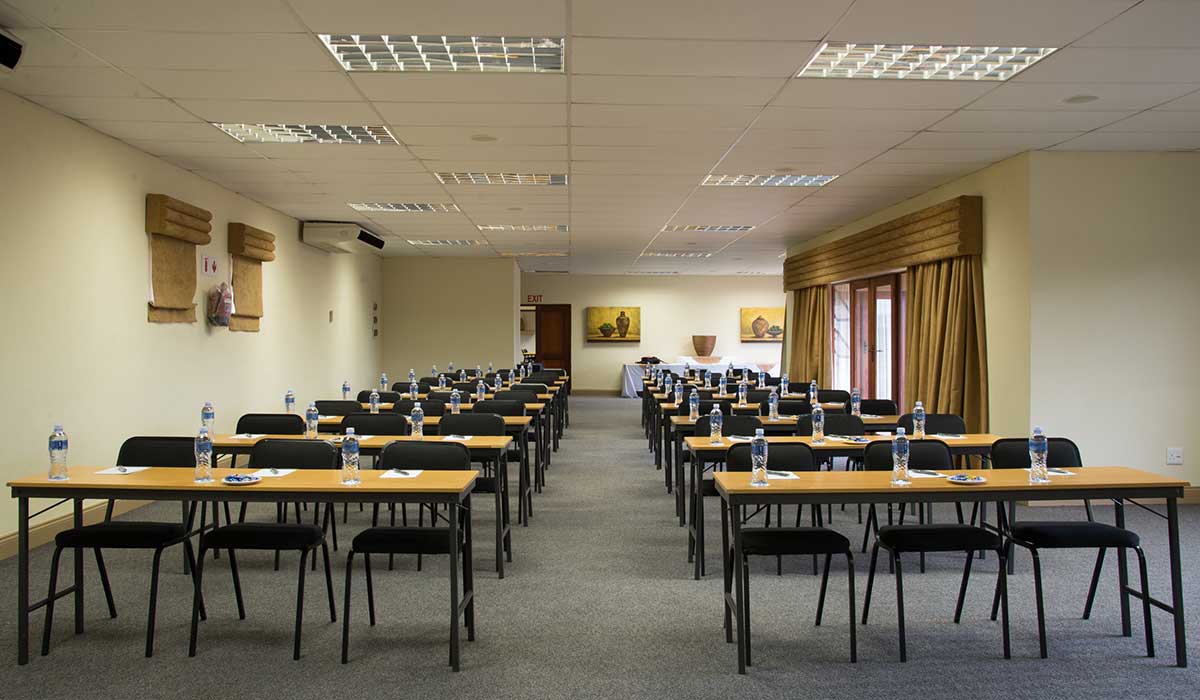
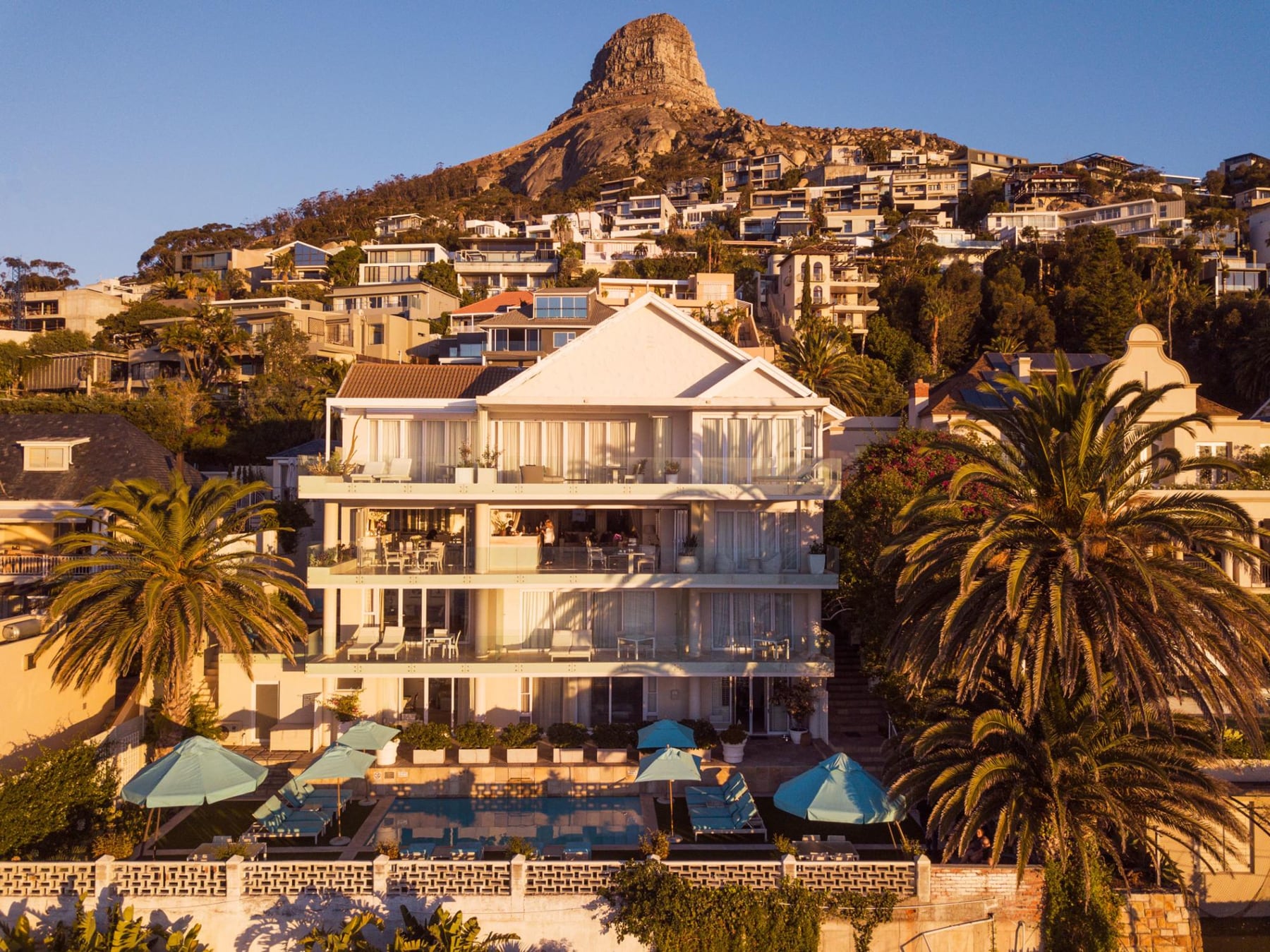
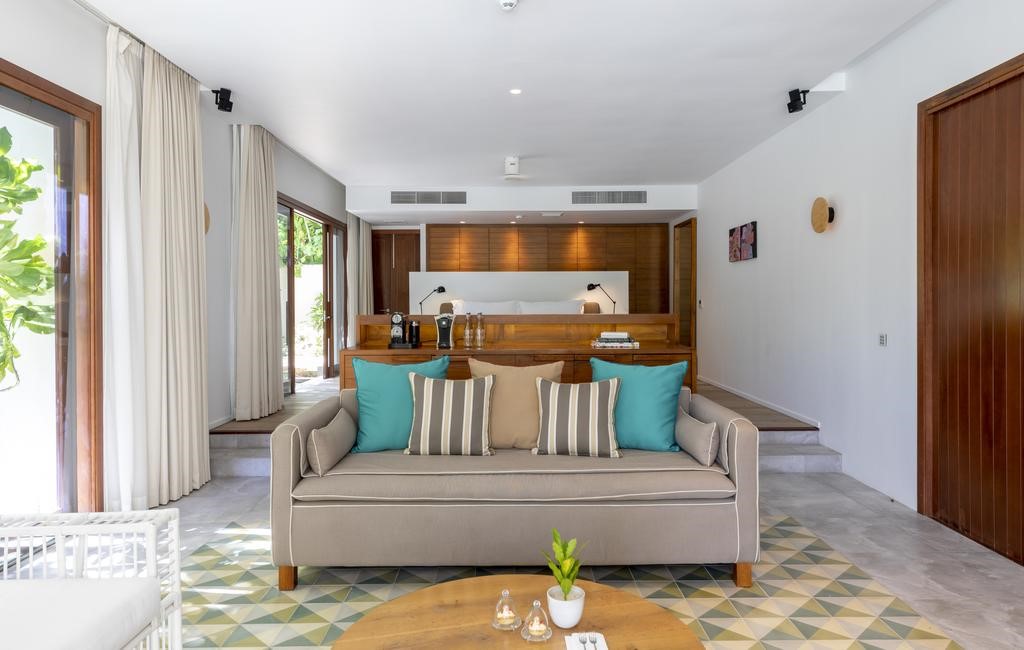
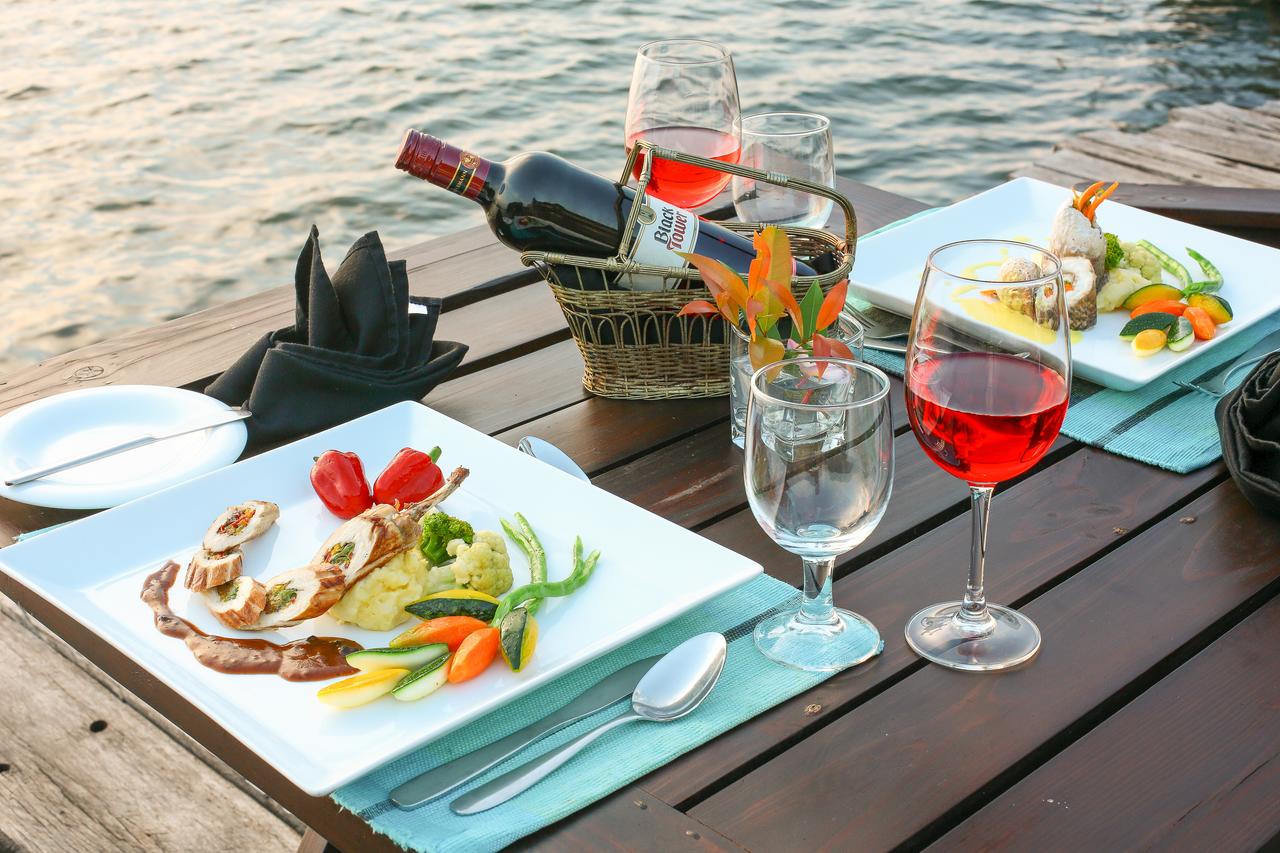
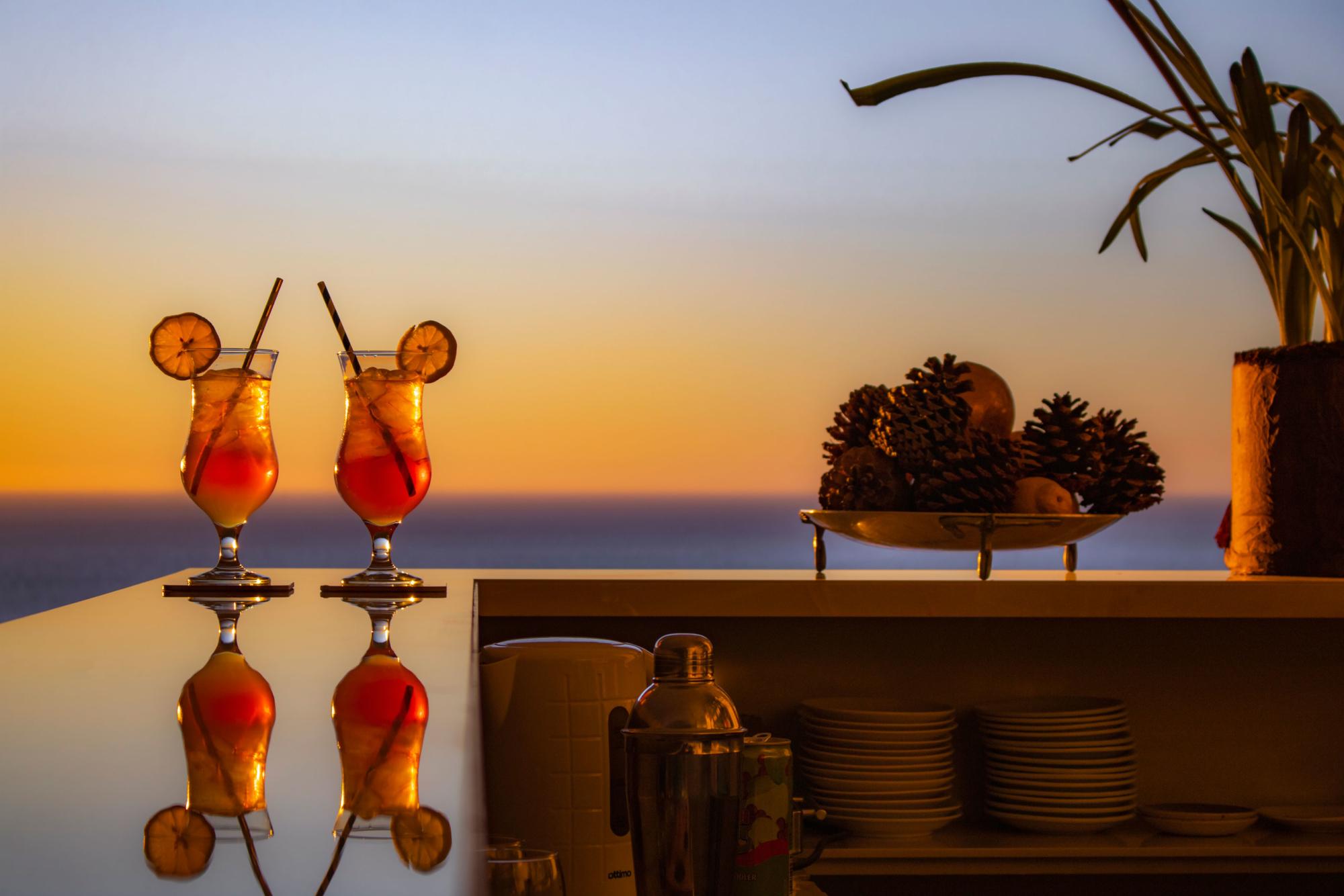
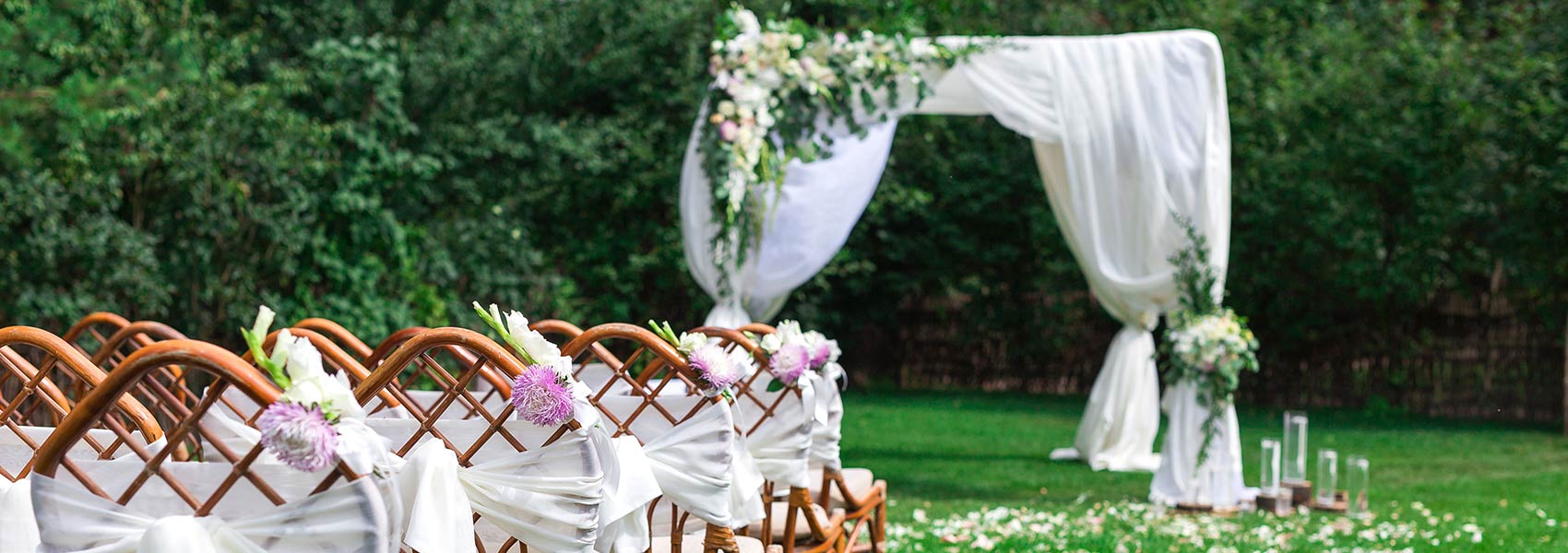
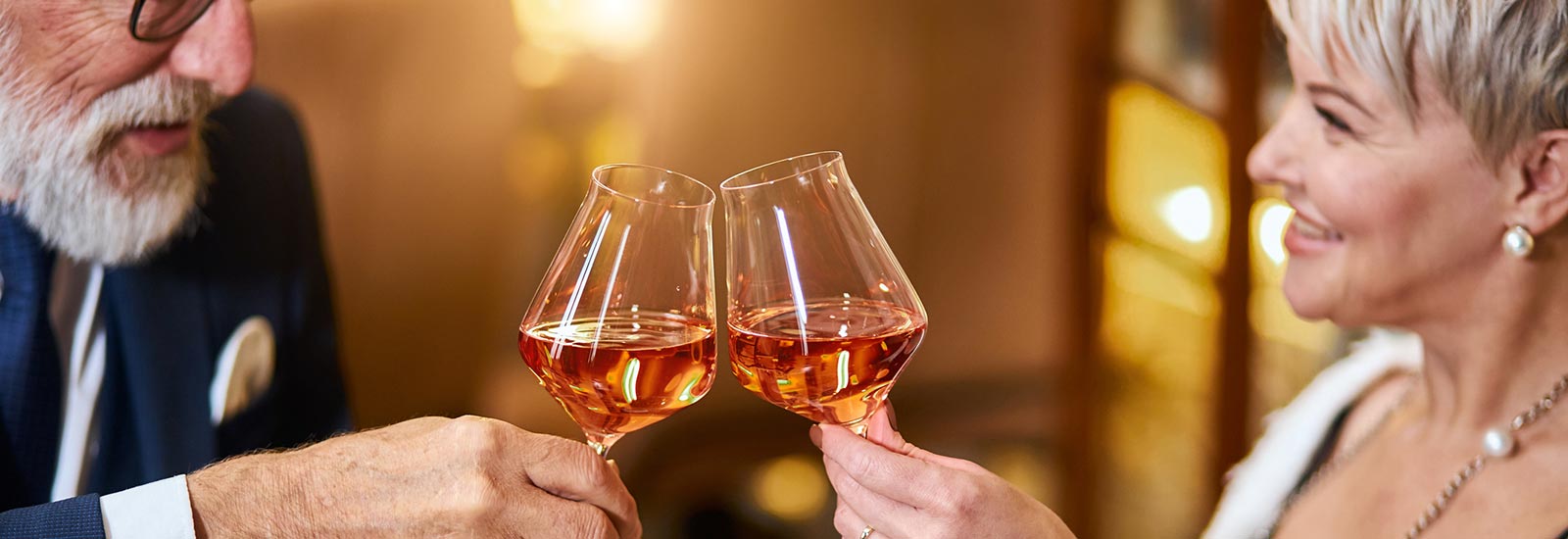
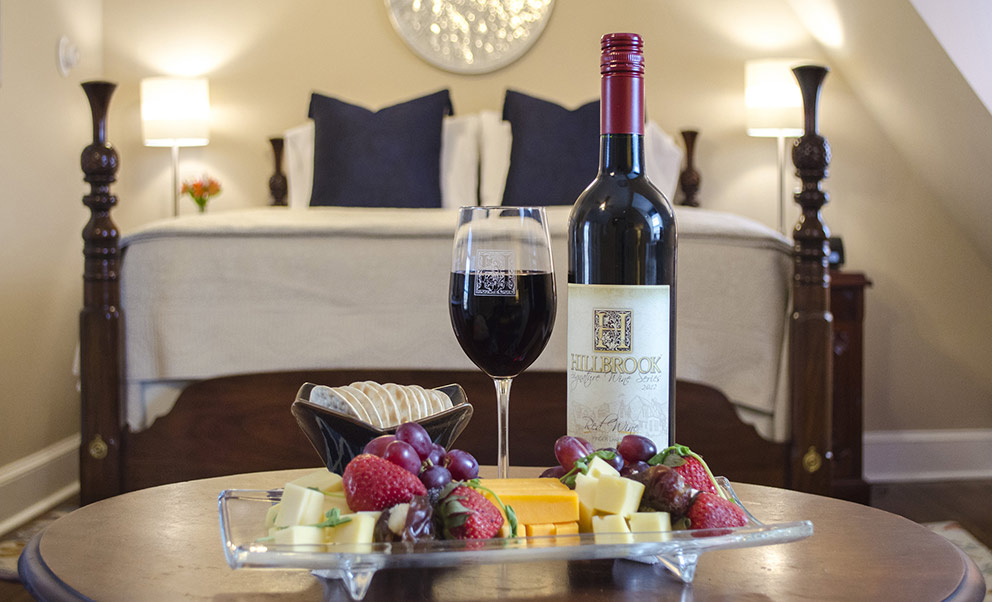

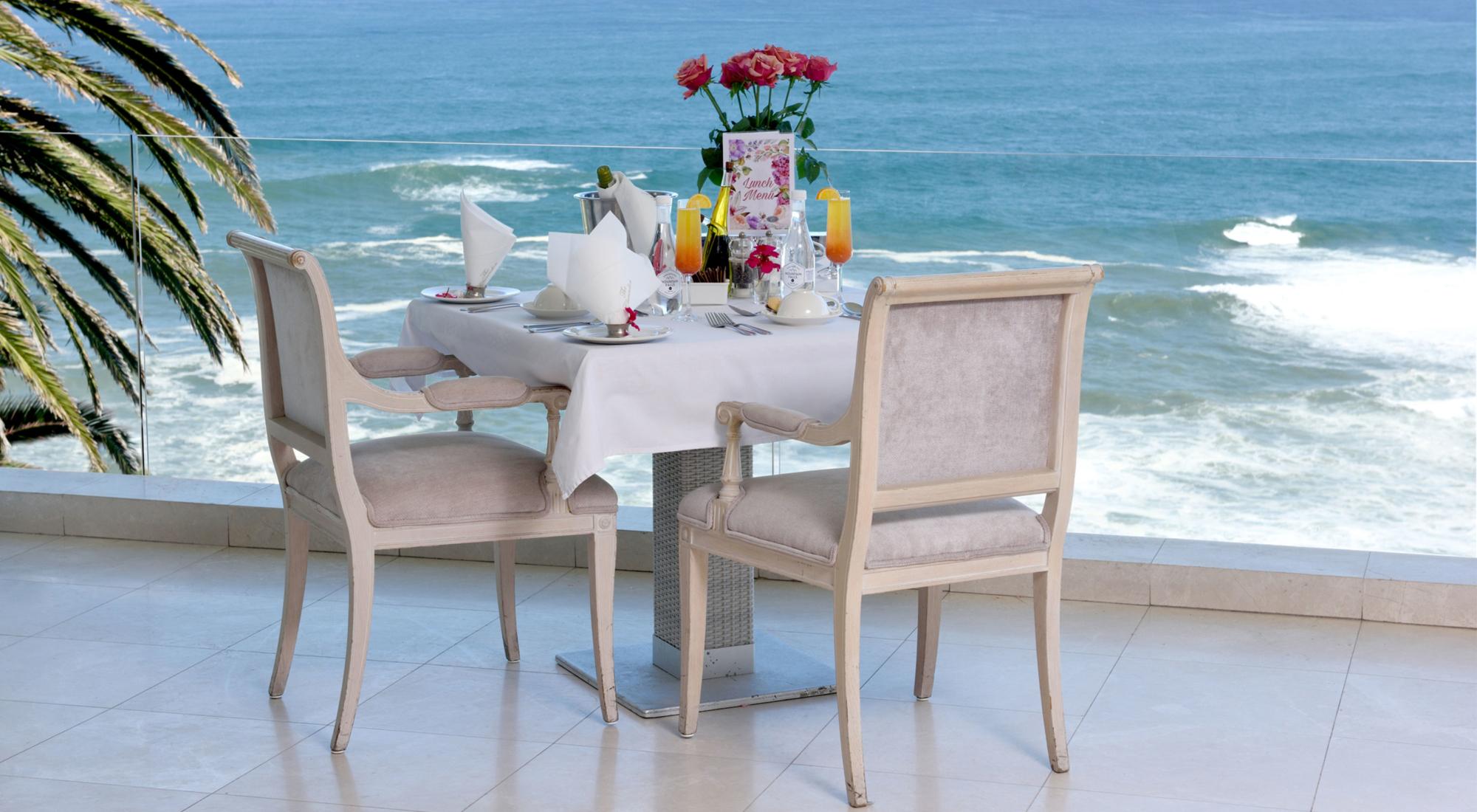


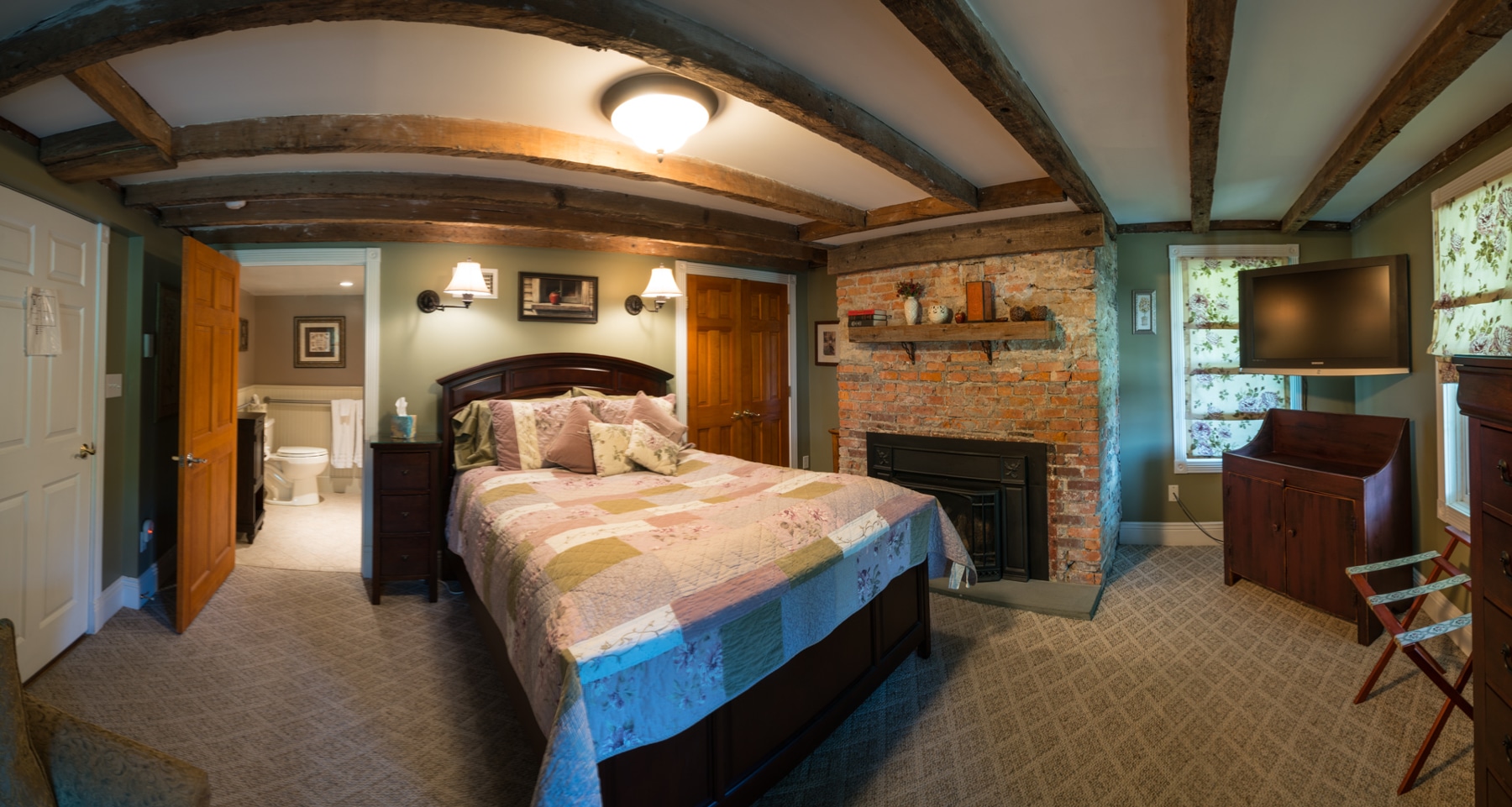
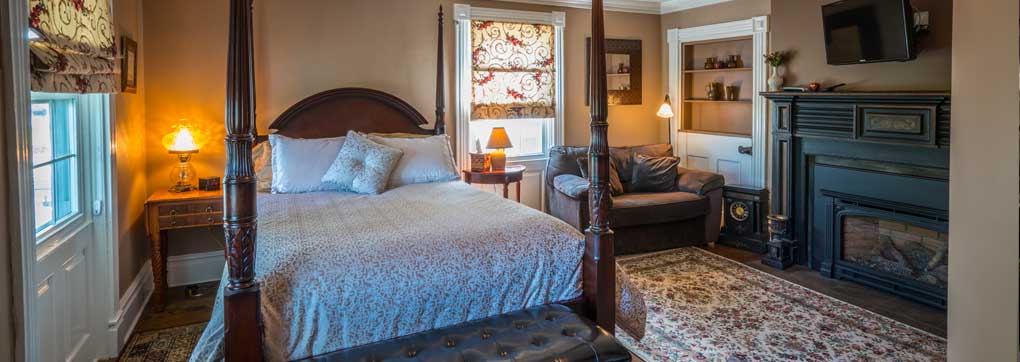
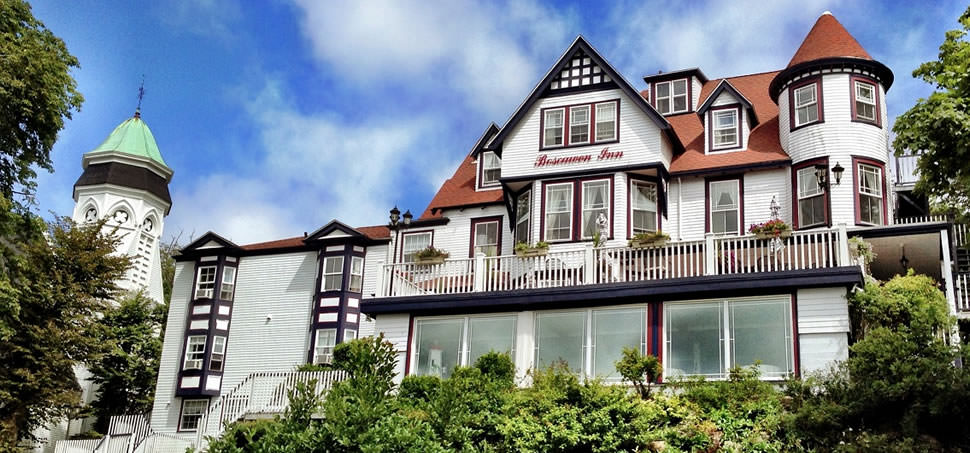
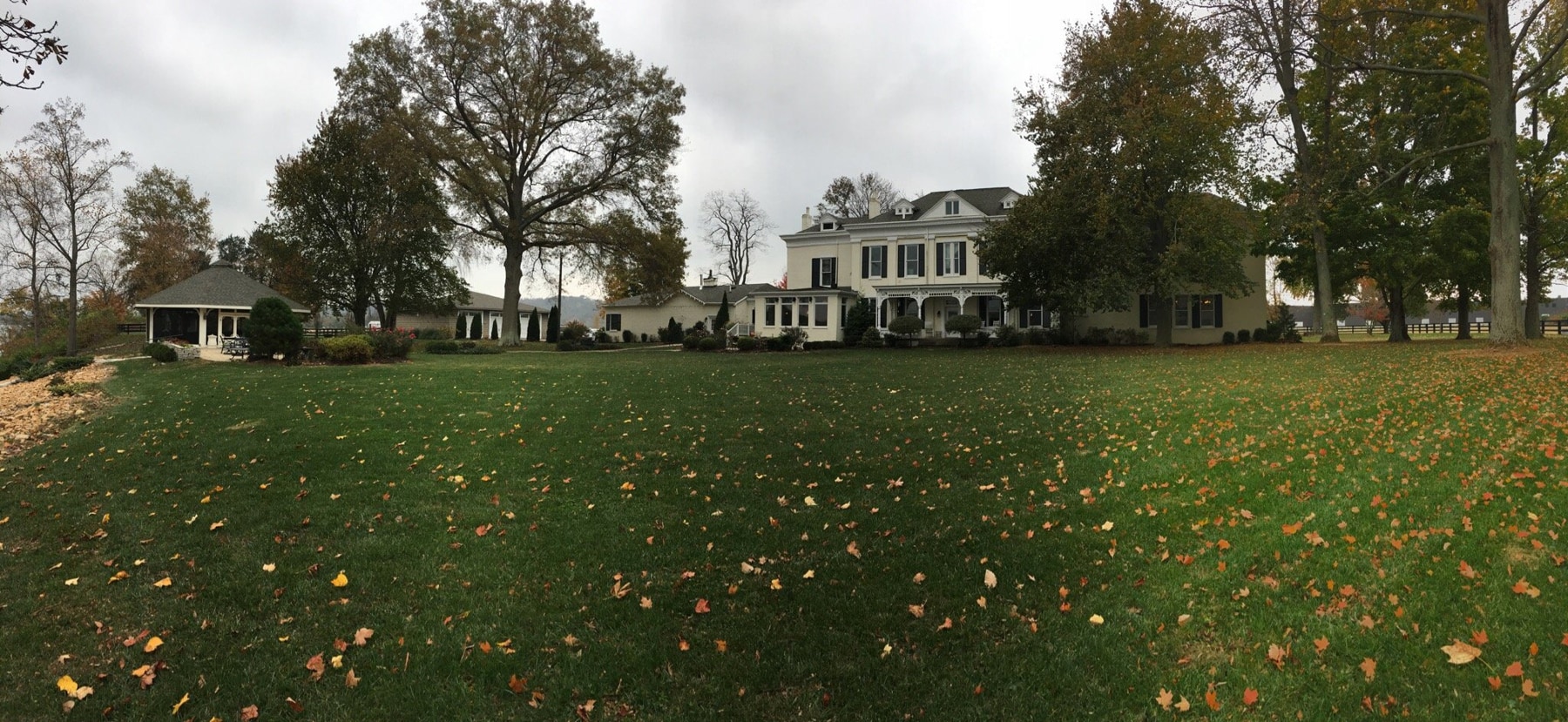

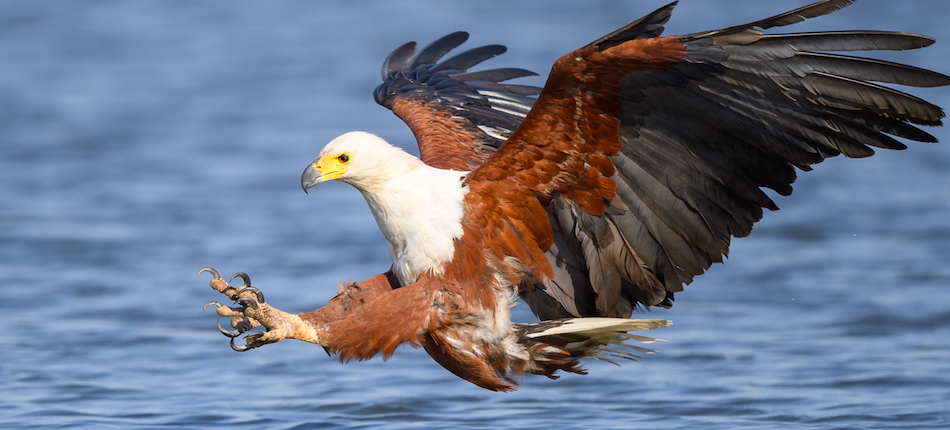
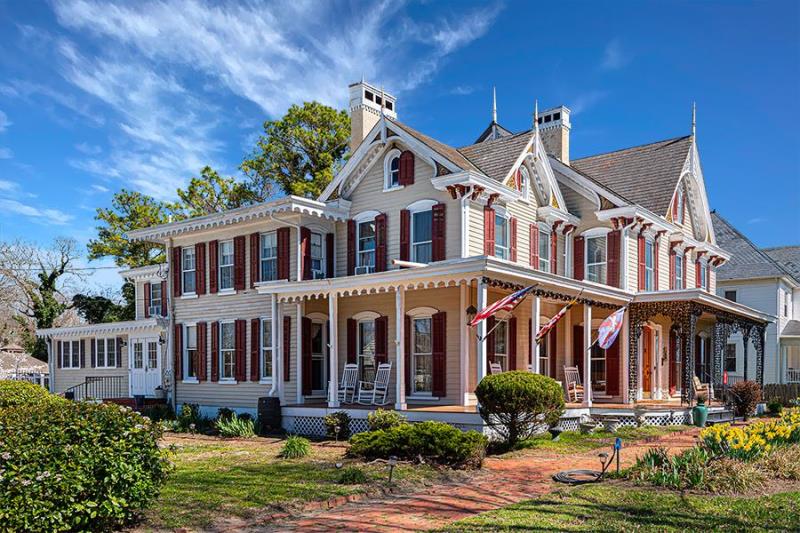
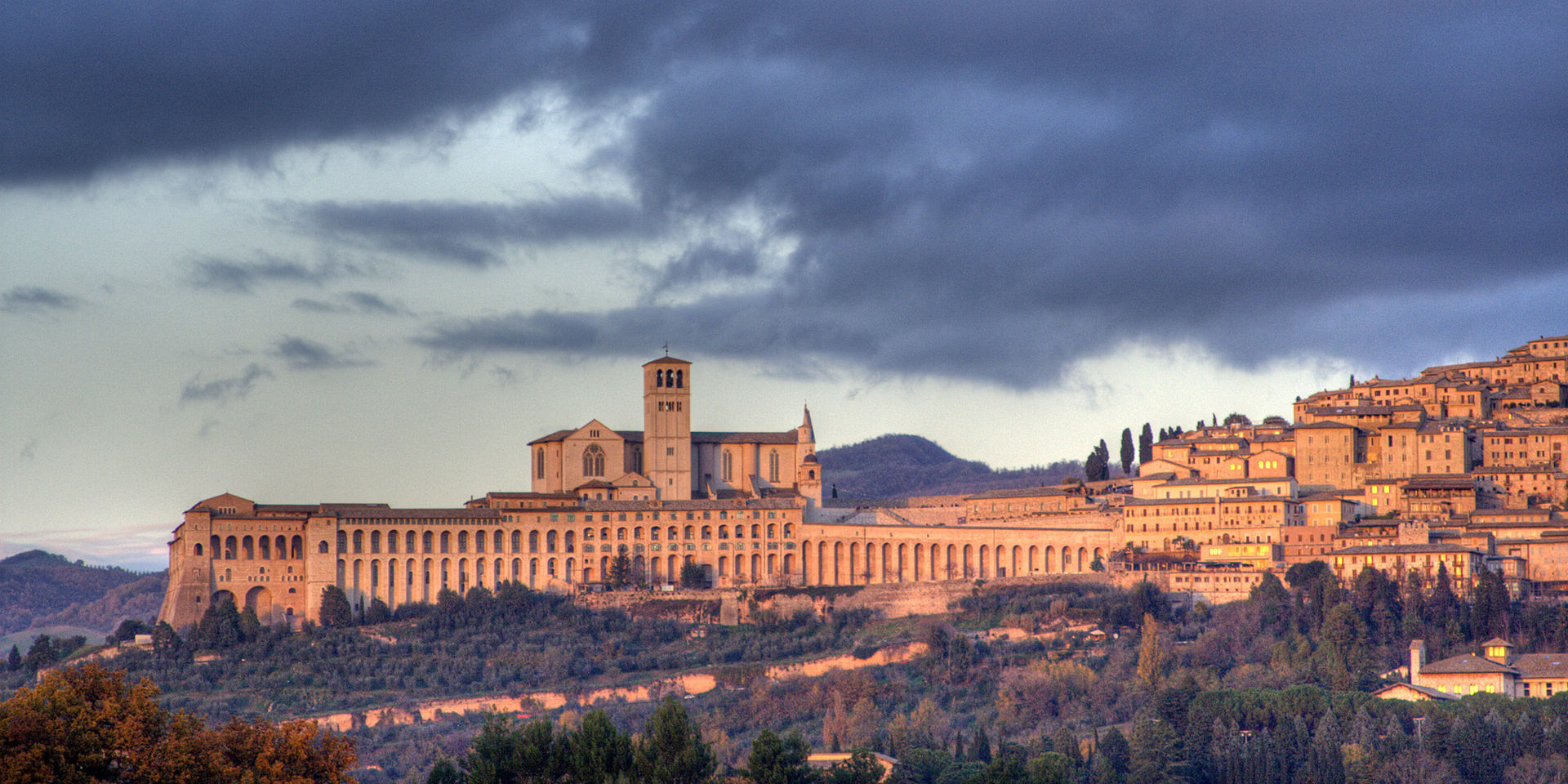
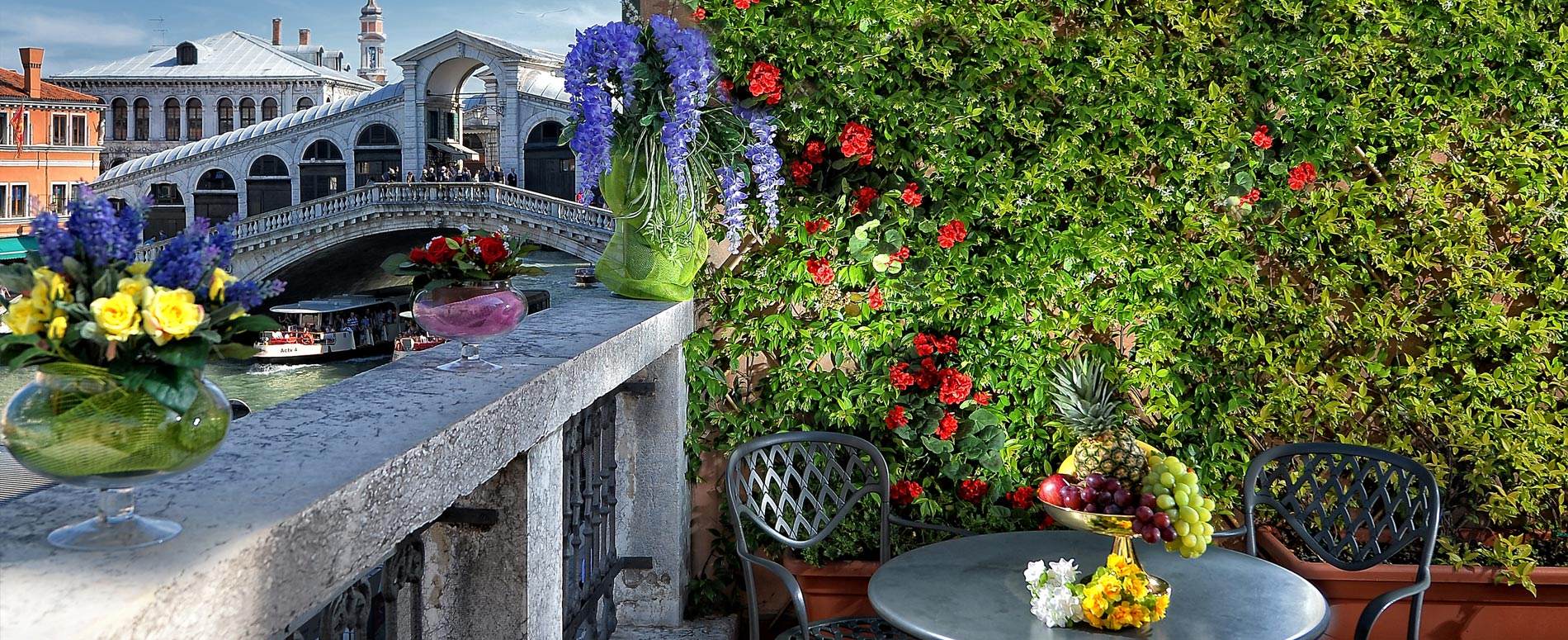
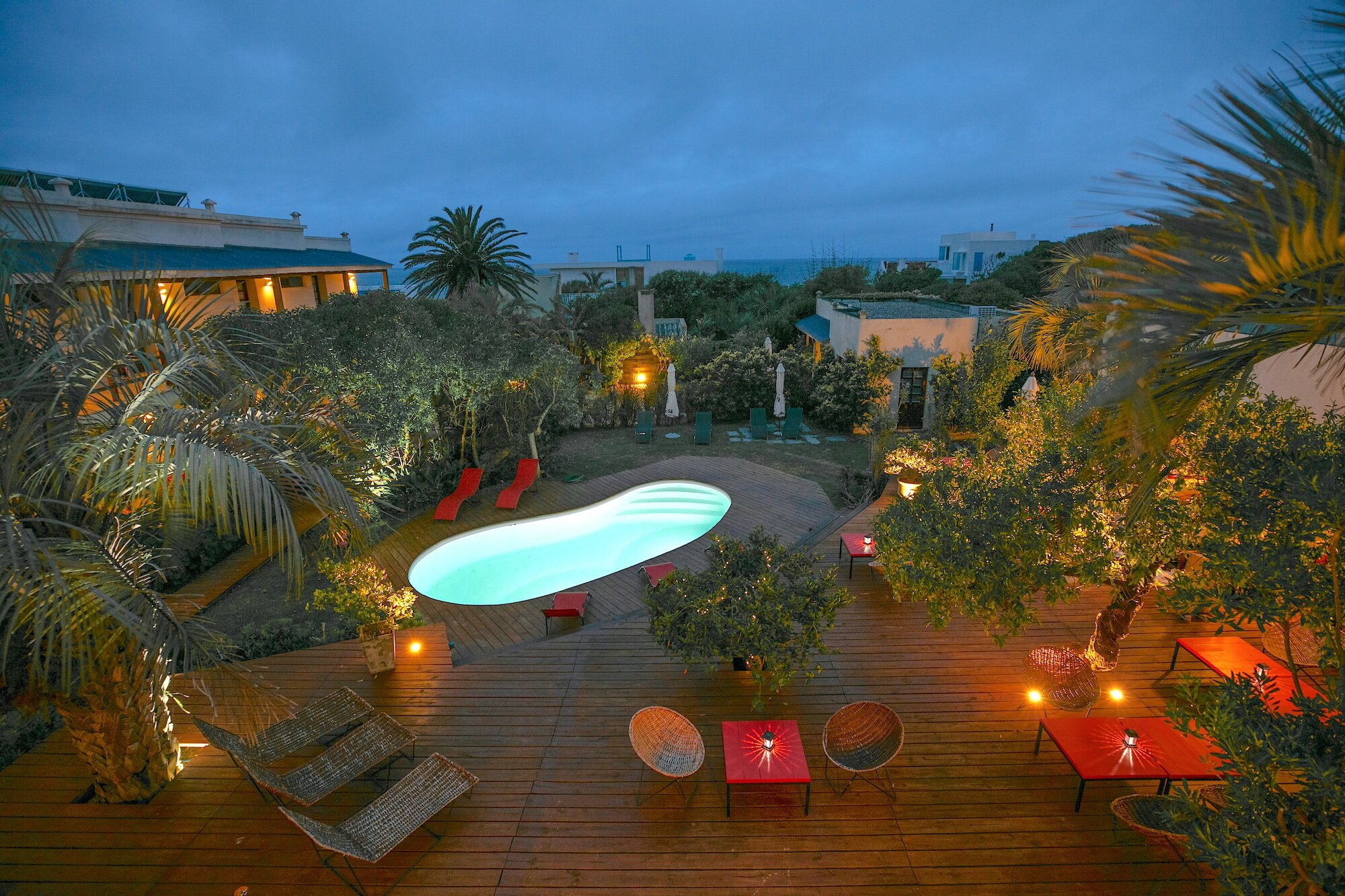
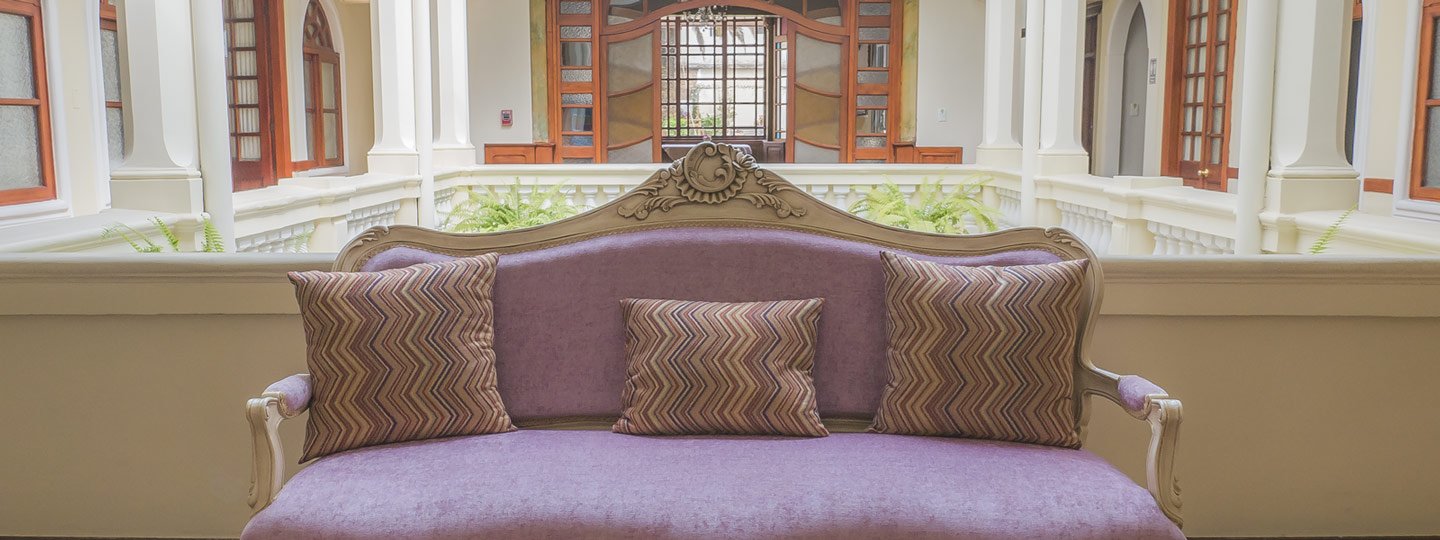
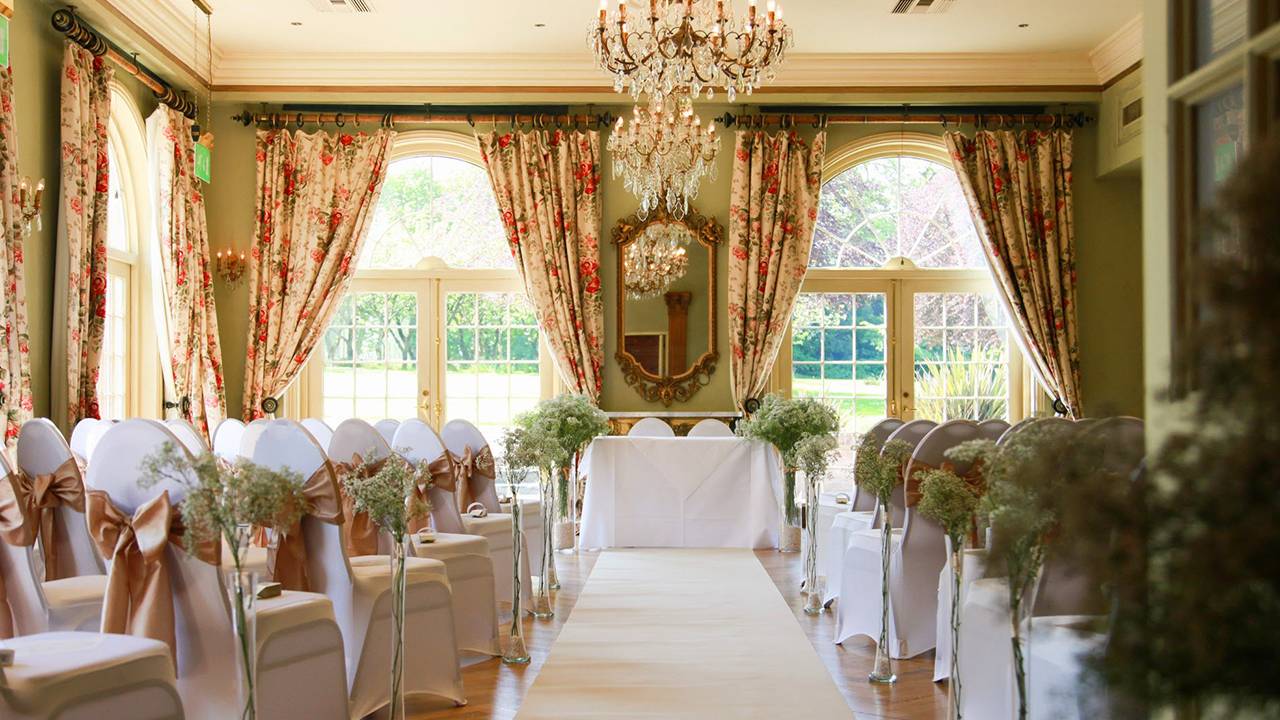
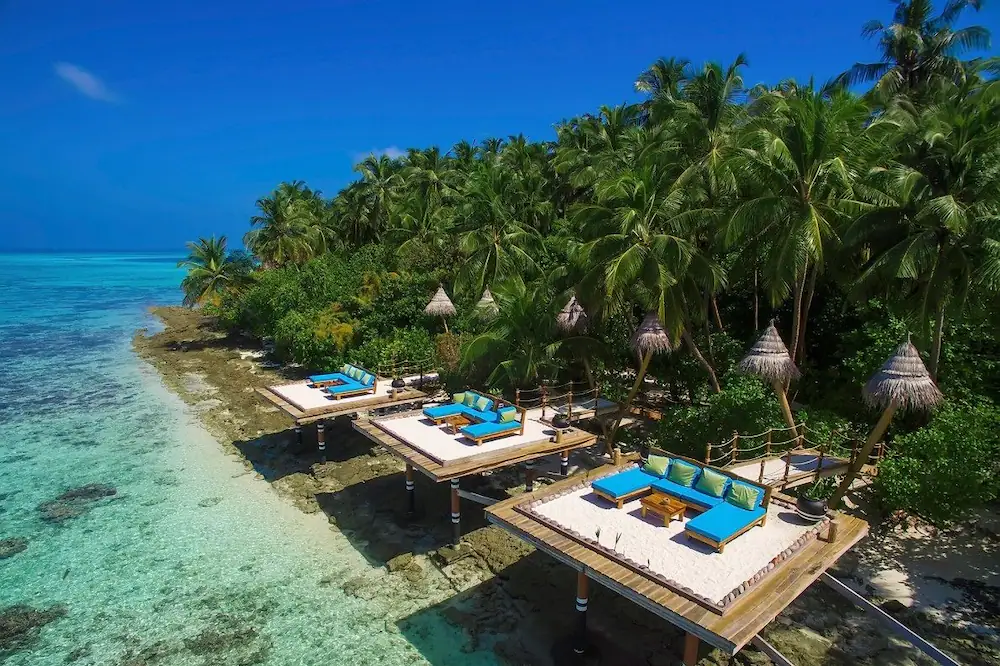
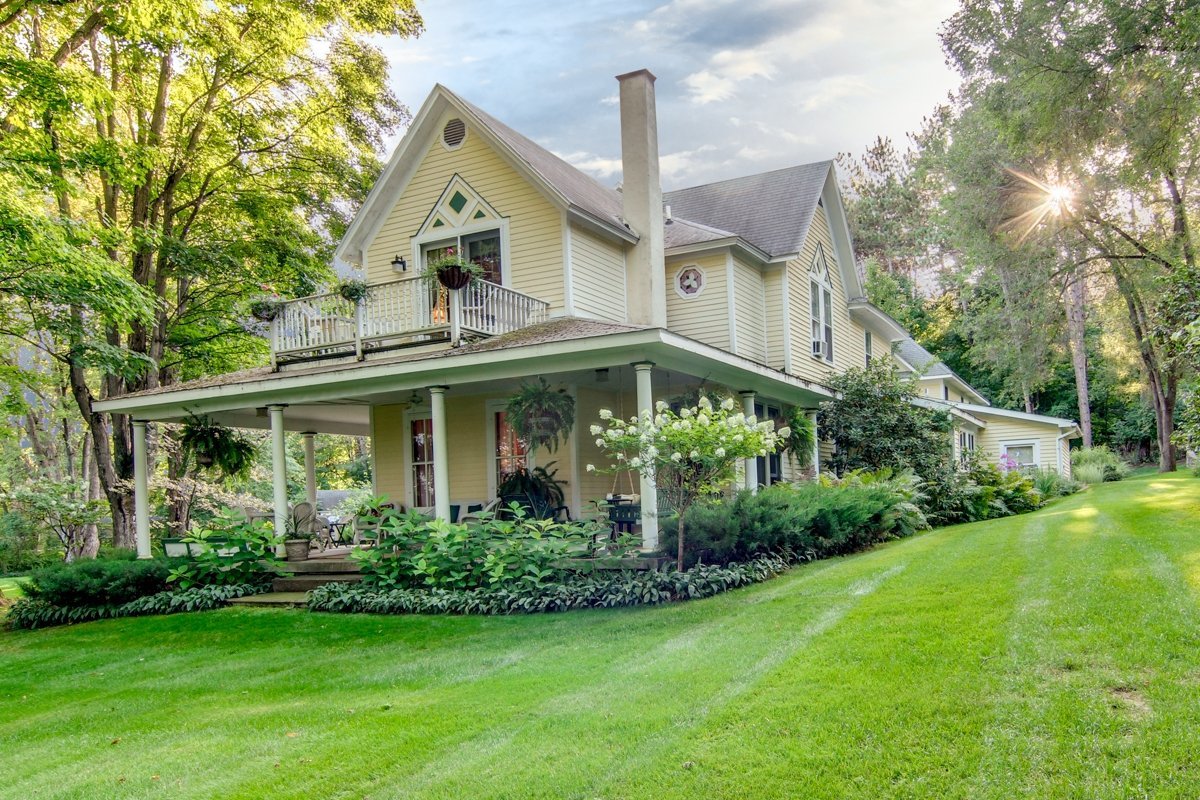
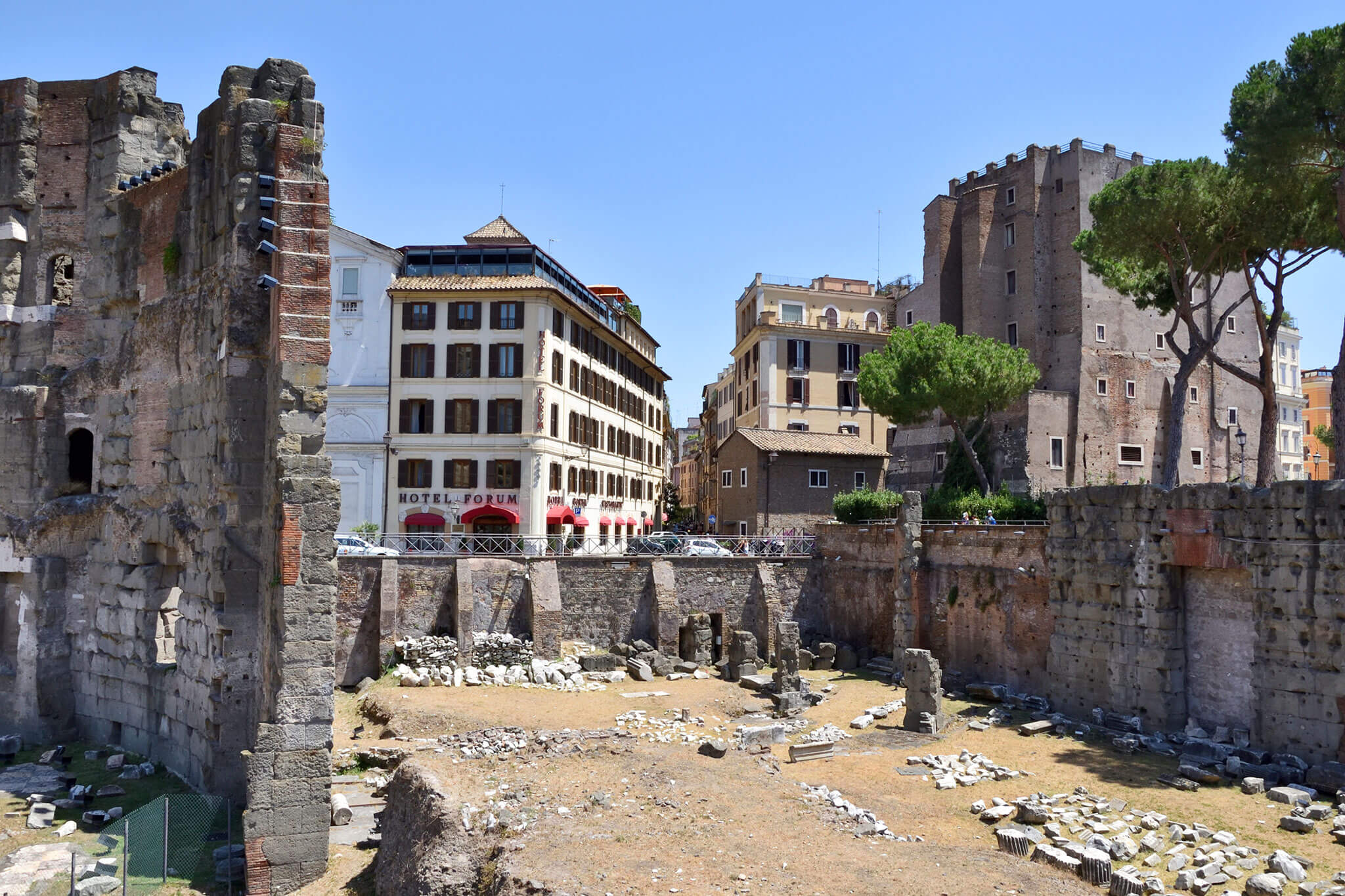
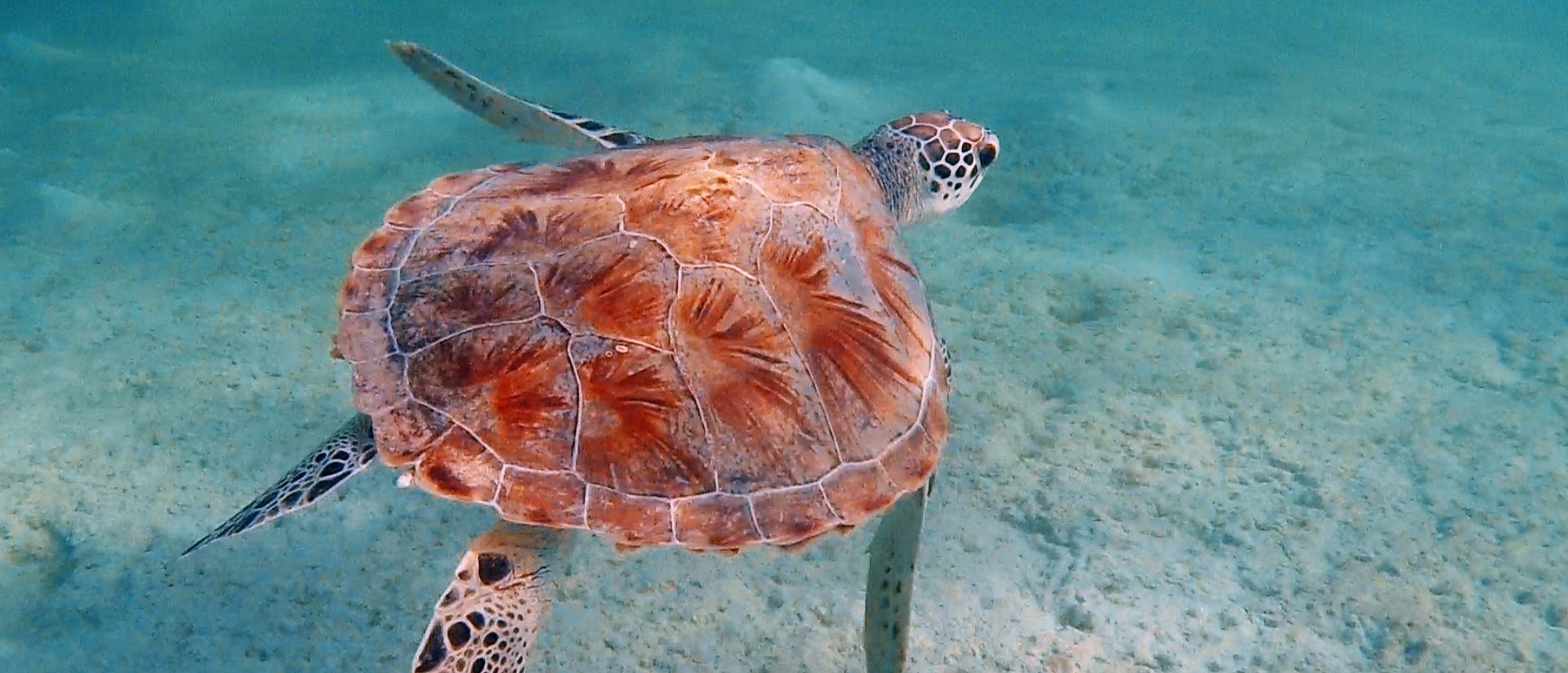
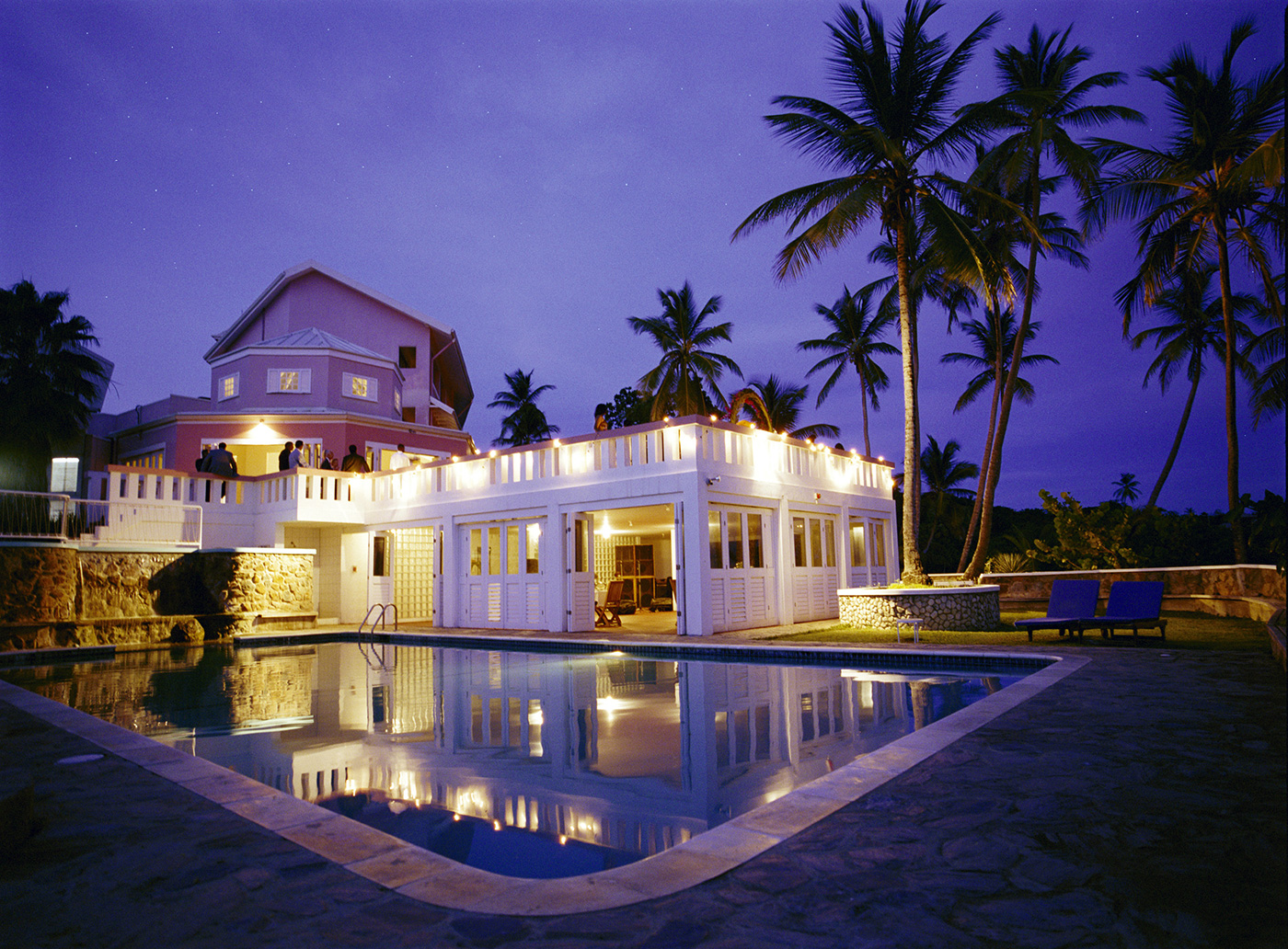
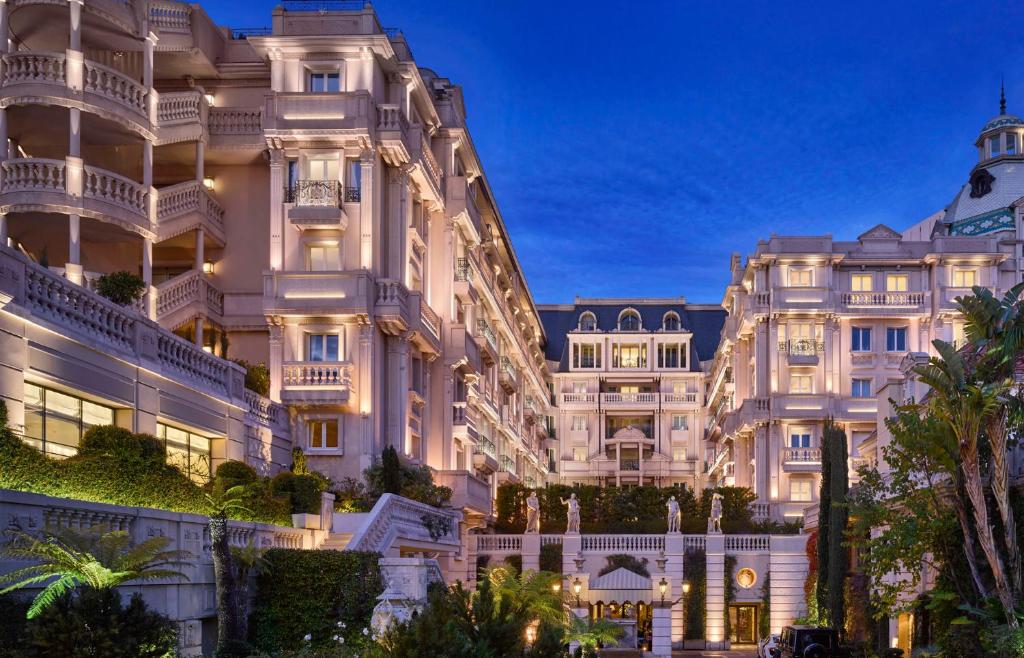
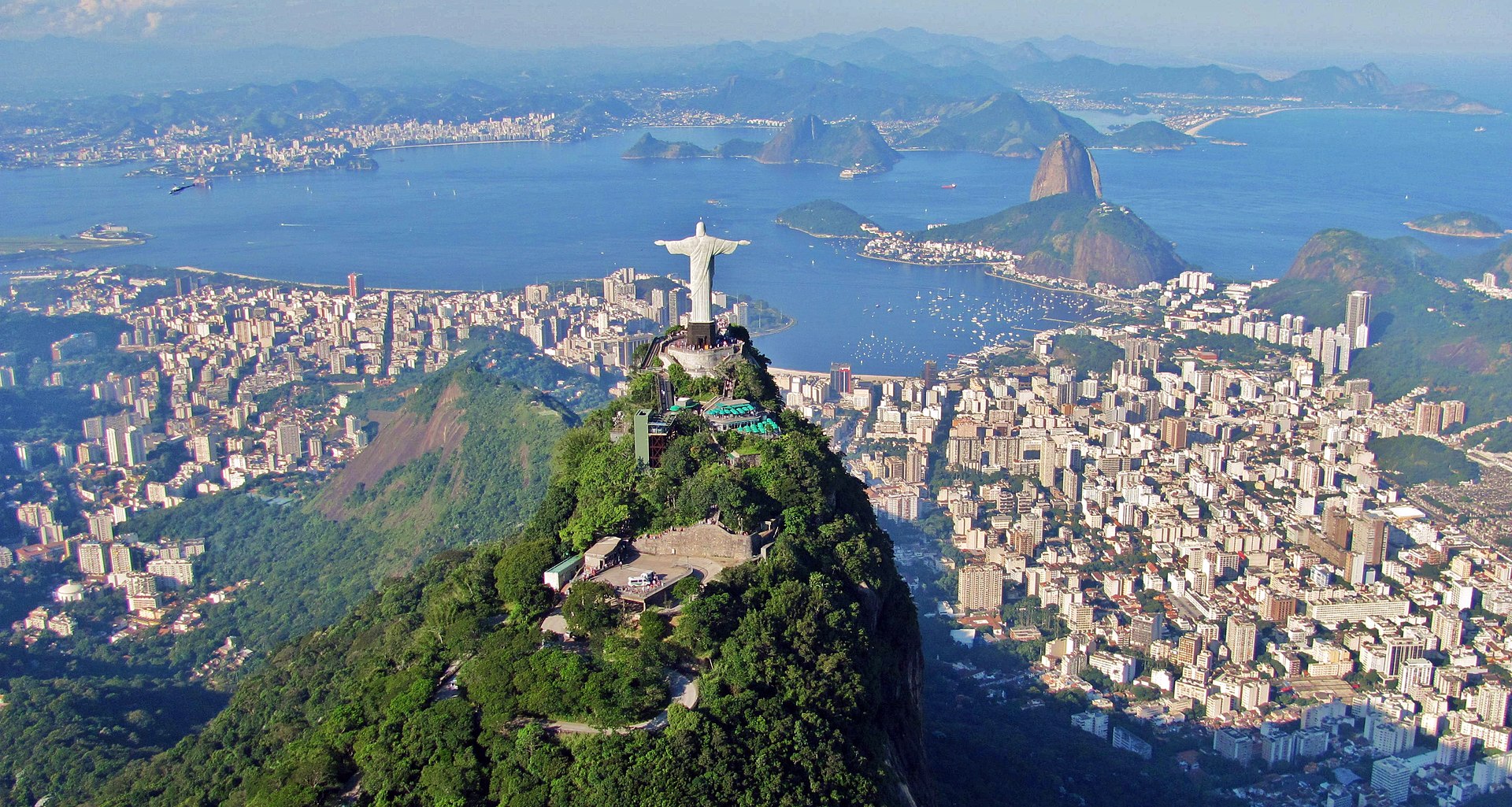
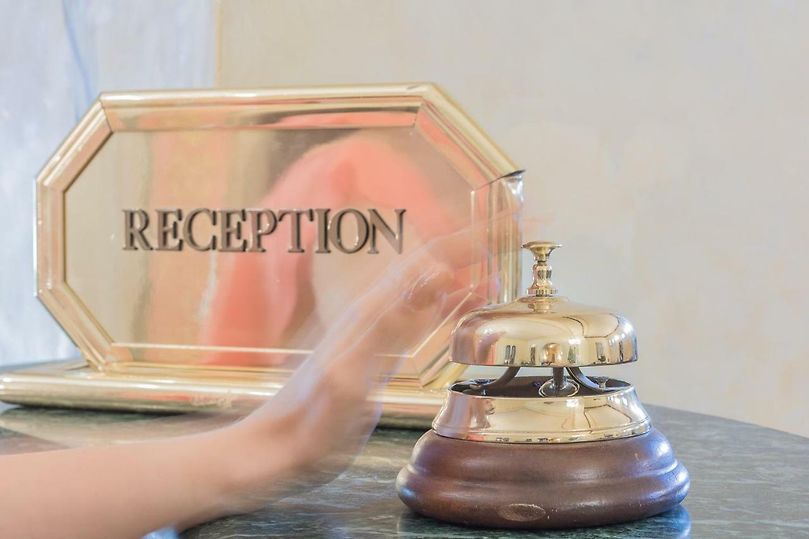
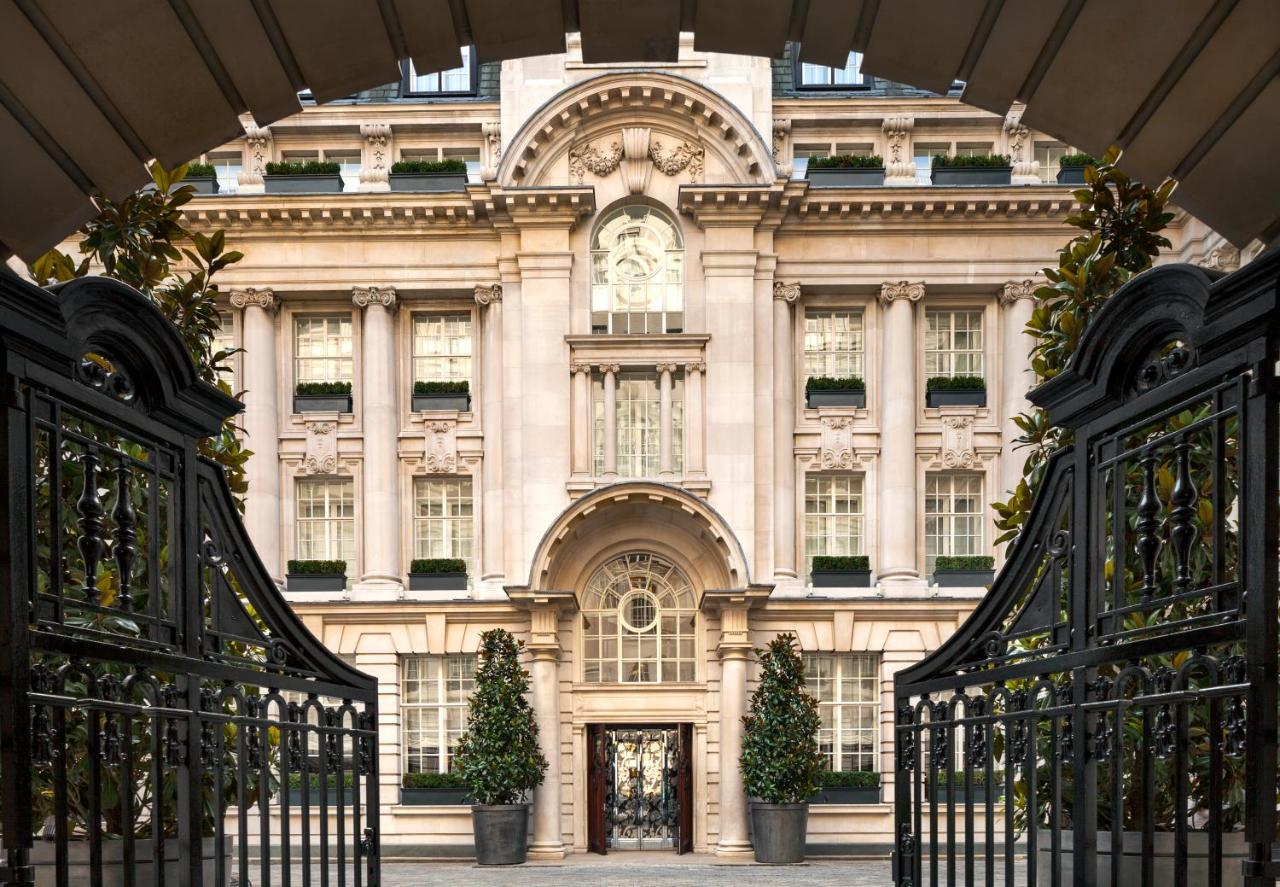
Bodrum, Mugla, Turkey
Agent: Cliff Jacobs - Managing Principal Estate Agent & CEO (Nat.Dpl.Hotel Man (UJ). M.P.R.E.)
Agent Cellphone: +27 (0) 84 413 1071 / +27 (0) 61 716 6951
Agent Office Number: +27 (0) 84 413 1071
Agent Email Address: cliff@exquisitehotelconsultants.com
Type: Beach Resort
Bedrooms: 70
Bathrooms: 70
Showers: 70
Parking: 100
Yield: Not Disclosed
Bodrum
Bodrum is a port city in Muğla Province, southwestern Turkey, at the entrance to the Gulf of Gökova. Its population was 35,795 at the 2012 census, with a total of 136,317 inhabitants residing within the district's borders. Known in ancient times as Halicarnassus, the city was once home to the Mausoleum at Halicarnassus, also known as the tomb of Mausolus, one of the Seven Wonders of the Ancient World.
The city was founded by Dorian Greeks. It later fell under Persian rule and became the capital city of the satrapy of Caria. Mausolus ruled Caria from here, and after his death in 353 BC, his wife Artemisia built a tomb, called the Mausoleum, for him. Macedonian forces laid siege to the city and captured it in 334 BC. After Alexander's death, the city passed to successive Hellenistic rulers and was briefly an independent kingdom until 129 BC, when it came under Roman rule. A series of natural disasters and repeated pirate attacks wreaked havoc on the area, and the city lost its importance by the time of the Byzantine era. The Knights Hospitaller arrived in 1402 and used the remains of the Mausoleum as a quarry to build Bodrum Castle. The castle and its town became known as Petronium, whence the modern name Bodrum. After the conquest of Rhodes by Suleiman the Magnificent in 1522, the town fell under Ottoman control as the Knights Hospitaller relocated to Europe.
By the 20th century, the city's economy was mainly based on fishing and sponge diving, but tourism has become the main industry in Bodrum since the late 20th century. The abundance of visitors has also contributed to Bodrum's retail and service industry. Milas–Bodrum Airport and Kos International Airport are the main airports that serve the city. The port has ferries to other nearby Turkish and Greek ports and islands, Kos being the most important. Most of the public transportation in the city is based on local share taxis and buses.
Etymology
The modern name Bodrum derives from the town's medieval name Petronium, which has its roots in the Hospitaller Castle of St. Peter (see history).
In classical antiquity, Bodrum was known as Halicarnassus (Ancient Greek: Ἁλικαρνασσός, Turkish: Halikarnas), a major city in ancient Caria. The suffix -ᾱσσός (-assos) of Greek Ἁλικαρνᾱσσός is indicative of a substrate toponym, meaning that an original non-Greek name influenced or established the place's name. It has been proposed that the -καρνᾱσσός (-carnassos) part is cognate with Luwian word "ha+ra/i-na-sà", which means fortress. If so, the city's ancient name was probably borrowed from Carian, a Luwic language native to pre-Greek Western Anatolia. The Carian name for Halicarnassus has been tentatively identified with 𐊠𐊣𐊫𐊰 𐊴𐊠𐊥𐊵𐊫𐊰 (alos k̂arnos) in inscriptions.
History
Ancient era
Halicarnassus was an ancient Greek city at the site of modern Bodrum in Turkey. Halicarnassus was founded by Dorian Greeks, and the figures on its coins, such as the head of Medusa, Athena, Poseidon, and the trident, support the statement that the mother cities were Troezen and Argos. The inhabitants appear to have accepted Anthes, a son of Poseidon, as their legendary founder, as mentioned by Strabo, and were proud of the title Antheadae. The Carian name for Halicarnassus has been tentatively identified with Alosδkarnosδ in inscriptions.
In an early period, Halicarnassus was a member of the Doric Hexapolis, which included Kos, Cnidus, Lindos, Kameiros, and Ialysus; but it was expelled from the league when one of its citizens, Agasicles, took home the prize tripod that he had won in the Triopian games instead of dedicating it according to custom to the Triopian Apollo. In the early 5th century, Halicarnassus was under the sway of Artemisia I of Caria (also known as Artemesia of Halicarnassus, who made herself famous as a naval commander at the battle of Salamis. Little is known of Pisindalis, her son and successor; but Lygdamis, the tyrant of Halicarnassus, who next attained power, is notorious for having the poet Panyasis put to death and forcing Herodotus, possibly the most well-known Halicarnassian, to leave his native city (c. 457 BC).
Persian rule
he city later fell under Persian rule. Under the Persians, it was the capital city of the satrapy of Caria, the region that long afterward constituted its hinterland and of which it was the principal port. Its strategic location ensured that the city enjoyed considerable autonomy. Archaeological evidence from the period, such as the recently discovered Salmakis (Kaplankalesi) Inscription, now in Bodrum Museum of Underwater Archaeology, attests to the particular pride its inhabitants had developed.
Mausolus ruled Caria from here, nominally on behalf of the Persians but practically independently, for much of his reign from 377 to 353 BC. When he died in 353 BC, Artemisia II of Caria, who was both his sister and his widow, employed the ancient Greek architects Satyros, Pythis, and the sculptors Bryaxis, Scopas, Leochares, and Timotheus to build a monument and a tomb for him. The word "mausoleum" derives from the structure of this tomb. It was a temple-like structure decorated with reliefs and statuary on a massive base. Today only the foundations and a few pieces of sculpture remain.
Hellenistic and Roman periods
Alexander the Great laid siege to the city after his arrival in the Carian lands and, together with his ally, Queen Ada of Caria, captured it after fighting in 334 BC. After Alexander's death, the rule of the city passed to Antigonus I (311 BC), Lysimachus (after 301 BC), and the Ptolemies (281–197 BC) and was briefly an independent kingdom until 129 BC, when it came under Roman rule. A series of earthquakes destroyed much of the city, as well as the great Mausoleum, while repeated pirate attacks from the Mediterranean wreaked further havoc on the area. By the time of the early Christian Byzantine era, when Halicarnassus was an important bishopric, there was little left of the shining city of Mausoluos.
Medieval era
Crusader Knights arrived in 1402 and used the remains of the Mausoleum as a quarry to build the still impressively standing Bodrum Castle (Castle of Saint Peter), a well-preserved example of late Crusader architecture in the eastern Mediterranean. The Knights Hospitaller (Knights of St. John) were given permission to build it by the Ottoman sultan Mehmed I after Tamerlane destroyed their previous fortress in İzmir's inner bay. The castle and its town became known as Petronium, whence the modern name Bodrum.[citation needed]
In 1522, Suleiman the Magnificent conquered the base of the Crusader knights on the island of Rhodes, who then relocated first briefly to Sicily and later permanently to Malta, leaving the Castle of Saint Peter and Bodrum to the Ottoman Empire.
Modern era
Bodrum was a quiet town of fishermen and sponge divers until the early 20th century. From 1867 until 1922, it was part of the Aidin Vilayet of the Ottoman Empire. In her book Bodrum, Fatma Mansur points out that the presence of a large community of bilingual Cretan Turks, coupled with the conditions of free trade and access to the southern Dodecanese islands until 1935, made the town less provincial. The fact that traditional agriculture was not a very rewarding activity in the rather dry peninsula also prevented the formation of a class of large landowners. Bodrum has no notable history of political or religious extremism. A first nucleus of intellectuals started to form after the 1950s around the writer Cevat Şakir Kabaağaçlı, who first came here in exile two decades previously and was charmed by the town to the point of adopting the pen name Halikarnas Balıkçısı ('The Fisherman of Halicarnassus').
Climate
Bodrum has a hot summer Mediterranean climate (Csa in the Köppen climate classification and Cshl in the Trewartha climate classification). The average temperature is around 15 °C (59 °F) in winter and 34 °C (93 °F) in summer, with many sunny spells. Summers are very hot and mostly sunny, and winters are mild and humid.
Main sights
The Castle of St. Peter, also known as Bodrum Castle, is one of the main attractions of the peninsula. The castle was built by the Knights Hospitaller during the 15th century, and the walls of the fortification contain pieces of the ruins of the Mausoleum, which was used as a source of construction materials. The Castle of Bodrum retains its original design and character of the Knights' period and reflects Gothic architecture. It also contains the Bodrum Museum of Underwater Archaeology, a museum established by the Turkish government in 1962 to host the underwater discoveries of ancient shipwrecks in the Aegean Sea. In 2016, the castle was included in the Tentative list of World Heritage Sites in Turkey. The castle has been under renovation since 2017, and only some parts of it are accessible to visitors.
Built in the fourth century BC, the ruins of the Mausoleum at Halicarnassus are also among the main sights in Bodrum. The Mausoleum at Halicarnassus was a tomb designed by Greek architects and built for Mausolus, a satrap of the Persian Empire, and his sister-wife Artemisia II of Caria. The structure was considered one of the Seven Wonders of the Ancient World,. By the 12th century CE, the structure had largely been destroyed.[25][26][27] Today, the ruins of the tomb continue to attract both domestic and international tourists.It is planned to turn the ruins into an open-air museum.
Besides the Bodrum Museum of Underwater Archaeology, other museums are also located on the peninsula. Zeki Müren Art Museum is dedicated to Turkish classical musician Zeki Müren. After his death, the house in Bodrum where he lived during the later years of his life was transformed into the Zeki Müren Art Museum by order of the Ministry of Culture and was opened to the public on June 8, 2000. Bodrum Maritime Museum is another museum dedicated to the classification, exhibition, restoration, conservation, storage, and safekeeping of historical documents, works, and objects that are important to the city's maritime history. Bodrum City Museum is a minor museum in the city center that presents the general history of the Bodrum peninsula.
About us
Bodrum is a very popular destination as it offers ideal conditions for water sports, culture and Aegean relaxation. Guests will start their day with deep blue Aegean waters and continue to Bodrum's memorable nights.
The resort lies directly on the waterfront in Turgutreis, approximately 20 km from the centre of Bodrum.
Our two storey hotel comprises 70 rooms and suites. For entertainment, our bars and restaurants offer ambiance as local as the produce used in their dishes. With indoor and outdoor pools and Spa & Sport facilities, you’ll have sport and leisure opportunities as inspiring as the waterfront views.
From tranquillity to entertainment, you'll have everything you've come to expect from a top-class beach resort stay.
Accommodation
Rooms
Few tourist locations compare to Bodrum when it comes to culture, nature and pure enjoyment. When you select a guest room at our beach resort, ensure exceptional memories of this ancient region. You’ll be spoilt for choice by our balcony, sea view and private garden rooms, each offering unique features to make your trip even more special. Common to all are the comfort-engineered beds, Alpine-inspired contemporary design and all the technological and relaxation conveniences you’ve come to expect from from our beach resort. Gain a sense of place in the Aegean, refresh in your marble bathroom and prepare for another memorable day.
Suites
This is how every morning should be. Wake up under fresh Turkish linen in your exclusive suite at our beach resort and let your day begin in style. Enjoy views over the Aegean or your own private garden as the light fills your comfort-inspired and uncluttered sleeping space. Refresh and revitalise for the day ahead in your spacious, marble-clad bathroom and enjoy a cup of coffee in your private lounge or outdoor space. An authentic Swiss-Turkish infusion, our suites include WiFi to help you stay connected and flat-screen televisions that allow you to unwind after a day exploring the markets, nature and historical destinations nearby.
Whichever of our beach resort's 70 rooms and suites you select, you can expect contemporary design details to enhance your stay. Featuring unique furnishings, such as a marble bath and contrasting minimalist interior décor, you’ll awake refreshed from a night under fine Turkish linen. Cutting-edge technology and high-speed internet mean that you'll get as much satisfaction from the time you spend in your room as you do from discovering the beauties of nearby Bodrum. Take in the vistas of the Aegean islands or relax among the lush foliage of your private garden. Then sip a cup of fresh coffee from your Nespresso coffee maker or leaf through the morning paper.
Location
Bodrum, or Halicarnassus as it's known in folk songs, is one of Turkey's best-known vacation destinations, but Bodrum is much more than just the bracingly crisp waters of the Aegean and the warm and sensuous climate of the Mediterranean, and its sporting and artistic events are what make the summer truly unforgettable. Bodrum offers ideal conditions for sailing, wind-surfing and other water sports, and its marina full of yachts riding at anchor and beside the well-preserved Crusader castle is a sight engraved on the memories of the over a million visitors who enjoy the summer in Bodrum. Year round Bodrum's eagerly awaited arts festivals, colorful nightlife and inspiring architecture of two-story white stone buildings make it not only one of the world's most unique destinations but also something you'll want to experience to the fullest.
Guest Services
Dining
Restaurants and Bars
Our beach resort's four restaurants and two bars bring you delicious all-day-long dining, energizing snacks, relaxing cocktails and unforgettable evenings that acquire a truly unforgettable flavor courtesy of exclusive premium beverages. Our cafe beside the pool offers indoor and outdoor seating serving international favorites and the best of Turkish cuisine. Our beach bar gives those who don't want to sacrifice a moment spent enjoying sun and Bodrum's amazing sea view. Yûhi brings Asian breeze to Aegean coast. Brezza presents elegant dinners enhanced with serene 360º views of Bodrum, while The roof bar, nestled between the sea and the stars brings you tempting cocktails and lively evenings to the accompaniment.
Weddings and Events
Plan your dream wedding in Bodrum Beach and allow our Events Coordinator to help make the day one to remember forever. Located directly on the shoreline and with stunning views, our resort is in a prime location for a beach wedding, whether it is a romantic toes-in-the-sand experience, a sunset celebration or a more traditional location for the ceremony. Treat yourself to an upgraded room or suite with panoramic sea views and combine your wedding with a honeymoon at our luxury resort. With our quality dining and luxurious amenities, we promise to make your wedding day truly special.
Spa and Sport
The Alpine-inspired Solution to Healthy Living
Inspired by the Alps, our Spa & Sport brings you the energy to nourish body and mind alike with special treatments and massages in an elegantly modern atmosphere. While you luxuriate in the relaxation area, letting your mind refresh itself, rejuvenate your body with a massage featuring hot stones or essential oils taken from plants grown in Alpine meadows. After purging toxins from your body in the sauna or steam room, sample the Turkish bath, one of the Ottomans' most precious traditions, and get cleaner than you have ever felt before. Ideal both for relaxation and enjoyment, our indoor and outdoor pools, private beach and water sports activities are sure to provide some of the most memorable moments of your stay.
































































Cliff Jacobs (Nat Dpl Hotel Man (UJ). MPRE. GA Level 5 TEFL) Managing Principal / CEO Exquisite Hotel Consultants (Pty) Ltd Mobile: +27 (0) 67 587 2532 (voice calls) Mobile: +27 (0) 84 413 1071 (WhatsApp voice calls and chats only) / +27 (0) 61 716 6951 (WhatsApp voice calls and chats only) Email: cliff@exquisitehotelconsultants.com Web: https://www.exquisitehotelconsultants.com © All rights reserved Terms and Conditions apply Scroll down to view our Hospitality Properties and Businesses for sale or lease or lease-to-buy or partnership arrangement or management agreement arrangement.